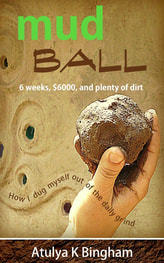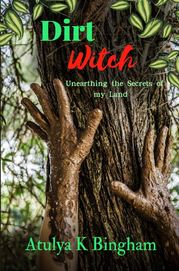|
Endings. And beginnings. There is an edge, mostly bitter-sweet, that cleaves a finish from a start. The road has been that edge for me. A long circuitous edge that has taken me from the northern most tip of Scotland, to the southern most toe of Portugal, and back again. From cool Celtic islands where red stags stare from grassy banks, and sea rocks grow green hair, to whitewashed southern villages where sun-soaked stones whisper in Moorish undertones while you indulge in a vino verde. It’s been a long road. Throughout this odyssey, the Atlantic Ocean has been by my side, mostly quite literally. How I’ve grown to love this rolling sage-like companion. The cool clarity. The strange, no bullshit beauty of it. The Atlantic has been here a long long time, has seen many beginnings. Many endings. And many roads leading from one to the other. But even the roads have to end at some point. Hallelujah for that! The end of the road was in Asturias. Pushing my van round the tight cobbled bends of what would hopefully be my new neighbourhood, I sucked in my breath. Would I be able to drive up to my land? Would my new camper make it? Because I had just sold my larger truck and downgraded to a cheaper, smaller, much older one, firstly to free up some money for the next stages of my new mud adventure, and secondly because the other caravan was too fat to fit through the village. Now I won’t lie, the mechanics hadn’t exactly waxed lyrical about my new van purchase. “Oof! You didn’t get a Renault, did you?” There were flinches and winces from pretty much every boiler-suited man-in-the-know that set eyes on her. Still I liked the van. And this side of the 1200 miles she’s just driven, I’d go as far as to say I love her. But the real question was always going to be, how would she fare on dirt roads and potholes? As the mountainside plunged away into a ravine of green folds, the stone walls of the village dropped back into the rear view. My wheels left the asphalt and cruised onto the rutted dirt track, and I grinned. This is why you want a cronky old vehicle. When it comes to tough roads, they can hold their own. My first worry had been assuaged. But there were other worries as I entered the home stretch. They bothered me like a head-full of prattling hens. I’d had enough of being homeless. Well and truly. And while I was reasonably confident my land deal would go through, I was wondering exactly how long it would take for the various pieces of officialdom to fall into place. Perhaps I should have visited the estate agent first to learn what was going on. But I didn’t. Something inside me wanted to check on the land, to see if she was alright. Thus it was with a certain amount of trepidation that I trod the muddy path to my new Eden. Worry fowl still clucked away in my mind. Was everything as I left it? Had anything been destroyed? Dragging open the rotten posts of the gate, I gaped. Gone were the bare boughs and stony skies of winter. The sun stretched into the meadows and gilded each blade of grass. Everywhere buds had burst and leaves flourished. And the ash tree was now fluttering in a fresh robe of green. As I sat beneath her and meditated, the sun lowered. There was such a gentle reverence about the space. And I sensed the stir of the Earth. The very next morning, I drove back into town. Lip-chewing and restless, I hurried to the estate agents to learn what, if anything, was happening with the dreaded paperwork. As I pushed open the door, I saw the agent clutching a bunch of papers. He turned and stared at me, eyes widening in surprise. "You're back! That's good timing," he said, waving a sheaf at me. "I'm just in from the municipality. Here's your paperwork! You can sign next week." And so time rolled along, as it does. Next week became this week, which then turned into last week. Finally I saw the chequered flag approaching. We met in a nondescript riverside office block, which the lawyer cheerily informed me had been illegally built. It took a good two hours, five people, three rooms of the noteria, and a book load of paper. But by 7pm on May 24th this rugged beauty did indeed become mine. Note: This is the last On the Road Blog post. As from next month I’ll have my feet firmly planted in the dirt again, and listening to my land. So for those not on my email list, look out for the new Earth Whispering Blog next month.
If you enjoy my posts, and would like an insiders' view on what’s happening on my land, consider making a pledge to support me and The Mud Home on Patreon. For as little as $2 a month you can join my private feed where I post updates, photos and details I don’t wish to share with the world at large.
22 Comments
It’s the place we all try to avoid reaching. That point in space and time where we just can’t stand anymore. We’ve been patient. Chins up, chests out. Brave faces fixed firmly on the bright side. And then all of a sudden it’s enough. We’re at the end of our tether. 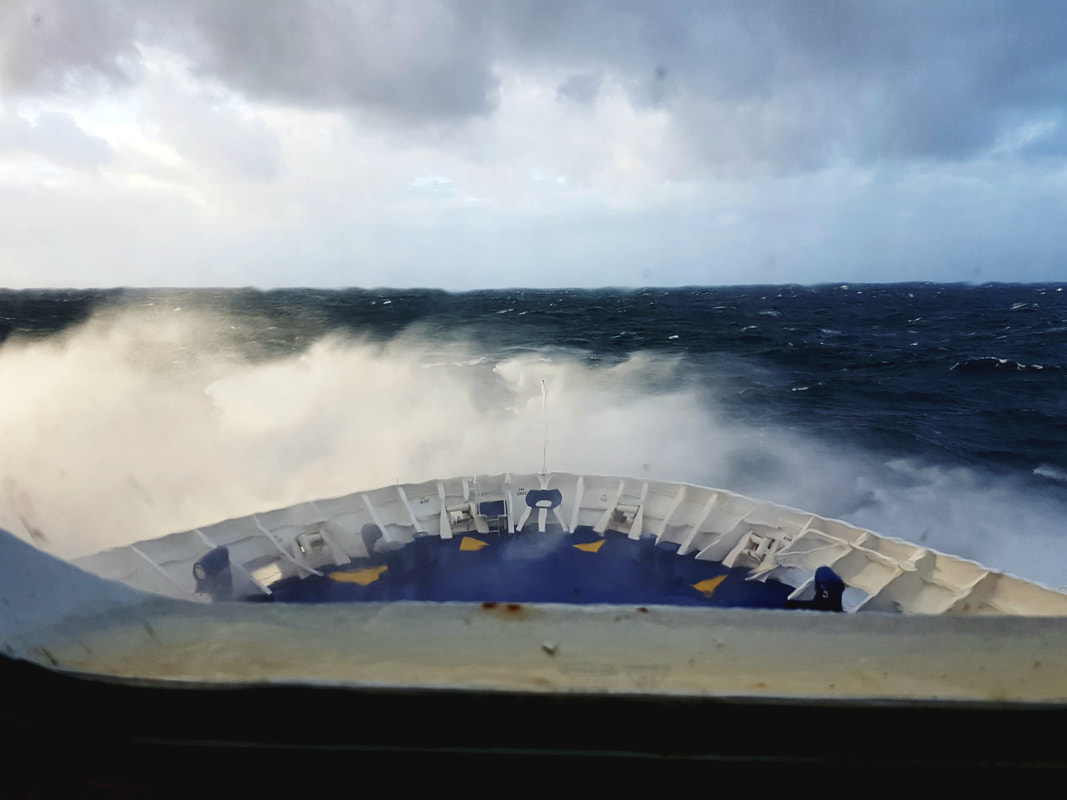 The Bay of Biscay hurling me back to the UK The Bay of Biscay hurling me back to the UK Almost as soon as I put down a deposit on my new Eden, I sailed back to the UK to sell my van. And while I prepared her for a new owner, on the other side of the Bay of Biscay the slow cogs of Spanish property bureaucracy began to turn. Sometimes there is nothing to do but wait. “It’s the holy pause as you enter into a marriage with the land,” one wise soul commented. What a perfect phrase, except despite my best intentions the pause hasn’t felt too holy. I’d almost say it felt damned at times. Days turned into weeks, and they turned into a month or more. Relentlessly, I tried to propel the many van-selling tasks into some sort of forward motion. They stuttered and spluttered, getting nowhere fast. But in truth there was nowhere to go. Land deals are ambling affairs in Spain. Vans take time to sell. And even when you think otherwise, there is a proper and healthy moment for a bud to burst. And a tether to reach its end. That’s what happened this week. Bam! The end of the rope was reached. I just couldn’t stand any more. The ‘civilised’ world with its petty rules, overcrowded roads, and myriad forms of mind torture and pollution. With its ugliness, its strip lighting and clanking supermarket trolleys. And the noise! The plastic! The crappy fabricated food! The empty babble of the TV news. The airless houses. The utterly pointless hustle. Is there anywhere you can walk and be guaranteed of solitude? Is there anywhere for a soul to breathe, and an imagination to have the space to take flight? For the first time in many many years, I saw the dark tide of depression threatening. And I shuddered in its shadow. “Good grief! I must have re-joined the 'First' World," I thought. Yet I’m one of the lucky (or particularly uncompromising) ones, sliding as I am past the tentacles of The System. It’s a temporary exile after all. But I don’t belong here. Like a large cat in a well-maintained zoo enclosure, I am well-fed, yet famished. I am comfortable yet suffering. When I read that the use of antidepressants in Anglo-Saxon countries hovers around the 10% mark, I’m amazed. Is that all? How do the other 90% cope? Alcohol? Sugar? Yet it’s always at the point you think you can’t stand any more, that something happens. Tether’s End is a place we have to attain if we want absolute clarity on ourselves and the world we inhabit. It is the cry of our soul that refuses to patch over or make do. It’s the call of the wild. As I peer through the darkness, the tip of something beautiful becomes visible. A branch of an ash tree. A red cabana roof. A stone-strewn slope rolling green and lush into the cleavage of a brook. My new land in northern Spain. How clearly she gleams in the pitch of the tunnel. And in an instant I grasp my lesson. A property purchase is always tense, always fraught with self-doubt and misgiving. Have we chosen well? Have we read the signs properly? Is there some terrible secret we are yet to uncover? A nuclear power station over the hill, or some legal stranglehold we were unaware of? Back in Spain in February, I suffered a few sleepless nights before I committed to my rugged beauty. Because so much was at stake. Most of my money was invested in her, so I would have no easy way of changing my mind, should I want to. There were questions forever gnawing at me, and when one was satiated, another stuck its teeth in. One important choice I had to make was whether to opt for a smaller plot that I could build a mud house on, or a large piece of land with a stone cabana lost in the wild. I chose the latter; a space just outside a national park with no neighbours and plenty of mountains. But the devil’s advocate inside me always wondered if I’d regret it. Here at Tether’s End, all doubt evaporates. How loudly the ash tree calls to me from the other side of the Bay of Biscay. How perfectly wild and free the land is. How quiet and self-protecting. In my dark hours, she is speaking to me. Soothing me and supporting me. And if she’s speaking now, when I return she will surely sing. The good thing about Tether’s End is that once you reach it, you know movement isn’t far behind. An immense tension builds when we strain against our ropes, and the friction forces action. Within days of hitting my nadir, I had bought a cheaper and smaller camper, sold my large van, and booked my ferry ticket to France. The holy pause is over, and I’ve broken my tether. It’s time to go home. As always, thank you to the Mud Sustainers and the wonderful crowd supporting this blog so that it can continue. If you enjoy The Mud Home and would like to express that you'd like it to go on, consider making a pledge to The Mud Home on Patreon. Any contribution is welcome and necessary. For just $2 a month you get to follow my private news feed where I post photos and thoughts I don't wish to share with the world at large. Plus many other perks.
The snow lay thick in places, thinner in others. It was the tail end of the year’s coldest week. As the estate agent pushed open the rickety wooden gate, I felt the pulse in my neck throbbing. The snow crunching underfoot only adding to the enchantment, with trees intensified by their new frosty highlights. I saw one stone cabana. Two. No, three! And a gentle, rock-littered slope. My initial instinct was, finally! This is what I was looking for. I was here, of course, due to a somewhat irritating kink in the line of fate. A week ago back in my coastal abode, I had relived my aversion to apartments. My neighbour had decided to renovate her bathroom. Hammers and drills assaulted the other side of my walls. I am horribly noise-sensitive, and it drove me mad. So in a bid to escape the brain-clobbering home improvements, I had driven back inland to the car park. My magic car park. You know, the one where I’d spotted the green van and Maria. From there I had trotted straight into the town to find an estate agent. Might as well do something constructive with my time, I thought. So here I was a week later, squashed into a small, rather bruised looking Fiat with an estate agent. The car didn’t in any way appear fit for the dirt tracks and mountain passes, but Manuel was undeterred. We skidded higher. The road shed its asphalt and narrowed. “Agh iss snow! I think we must walk.” Abruptly Manuel pulled off the track, parking the car squarely in the entrance of a cow field. “No problem. I like hiking,” I said. I tugged my hat over my ears before opening the door. Five minutes later we were standing in the middle of three stone huts. Manuel was a taciturn young chap, more interested in the trees than in selling me anything. Perhaps this was why I warmed to him. There was no sales pitch, not even a tour round the property. He just stood quietly at the gate and let me do my thing. Fine by me. So I did my thing. Running my hand along the stone cabana wall, I tried to sense the life of the place. Next I wandered down to a bare ash tree, which I could see straight away was special. Standing beside her, I rested my palm on her moss-adorned trunk. Rocks poked through the ground, craggy heads rising ready to speak. Next I walked the boundary of the land. It was a hectare, so it took a while. And even though the snow concealed much, I found each corner possessed its own character. There was a brook gurgling energetically on the lower edge of the property, and a gate at the far side leading to the road. As I wandered back up to the cabanas where Manuel was waiting, excitement simmered inside me. I couldn’t see anything wrong with this place. But everything was snow-covered. Perhaps I was missing something. I returned often to that land over the next two weeks, and each time she revealed something new to me. I saw her in rain and in sunshine. I discovered the spring water pipe, and explored the cabanas. On the second visit I noticed just how bad the condition of the larger stone granary was. It would need a total overhaul. A half moon hovered over the trees that day, and I couldn’t escape the feeling more was to come to light. One time when I sat under the ash tree, I asked for guidance, for clarity. And just as I did, I heard a clip-clop-clip. Turning my head, I gaped at two wild horses trotting along the road. They turned into the small path leading down to my gate and waited there, staring at me, apparently expecting a visit. I scampered up to the gate, and these two brown beauties embraced me with their hot equestrian breath. Over the next few days, I took various documents to various government offices, speaking to various officials as I did so. I learned my rights and my limitations. I pondered much on the land and off, before finally making an offer. My first offer was refused. So was the second. The estate agent explained what the owner’s minimum price was, and I promptly gave up, because it was financially out of reach. Thus I began visiting other plots. As usual, they were bucolic lovelies, but not quite right. There was always something. North facing. No water. Or a neighbour too close. My space kept calling to me, the rocks and the ash tree beckoning in my mind’s eye, until one day I walked up there one last time. Sitting under the ash tree, I watched the clouds rolling to and fro in firm, grey waves. The bare trees in the gulley began to sway. Hence I decided to try a third and final offer, because the magic number is always three. Don’t ask me why. It just is. I drove down the winding road, past the village, along the ridge, down, down from the land. Back in the town, I was just walking to the estate agent when the church bells chimed. I paused, alert, knowing the bell of providence was ringing. Sure enough, twenty metres further along the street, who should I bump into but the owner of the land himself. I smiled. Because it was obvious a door was being opened for me. We talked. We laughed. I asked if he could reduce his price just a teeny weeny bit. He agreed. Thus the conclusion of the land hunt skidded into view. Before too long, I returned to the estate agent to sign a deposit agreement. And as I walked out of the office, what should I see parked in the very same road, but that psychedelic pea green camper van. :) For those wishing to know more details (prices, sizes, etc.) of the various plots I’ve viewed during my land hunt, and my reasons for not choosing them, I've created a photo-filled PDF for all supporters of The Mud Home on Patreon, regardless of pledge. You can also see more photos of my land there.
As always, thank you to the Mud Sustainers and all patrons for their support. It’s wonderful to work and share with you. What an adventure it's been! And what extraordinary places I've visited on this looping quest for my new Eden. This week I put a down payment on one of these beauties:) Guess which one:) All will be revealed at the end of the month. For those wishing to know more details (prices, sizes etc) of these plots, I've created a PDF for all supporters of The Mud Home on Patreon, regardless of pledge.
“We have been taught that death is always followed by more death. It is simply not so, death is always in the process of incubating new life, even when one’s existence has been cut down to the bones.” – Clarissa Pinkola Estes, Women Who Run with the Wolves It’s been a long, cold winter. But I needed it. Winter is the seasonal embodiment of death. It is a vital stripping away of deteriorating structures. It is in winter that parasites and harmful bacteria are kept in check, or eliminated. It is in winter we hibernate and integrate all that has gone before, chewing on the fat of it, condensing it into the seed of what we will plant in the spring. “Why did you sell your mud home, you seemed so much happier there!” The comment flicked up on one of my YouTube videos. As I sat in a cafe in northern Spain and read from my laptop screen, I felt my forehead pucker slightly in bafflement. It took me a while to realise why it might look like that, why someone might think I had been happier before, that things had been oh-so-much-better on Mud Mountain. You see, since I left Turkey the blade of death has been gleaming in the valley of my winter. And we don’t like death because we’ve separated it from life. I’ve already written why I sold my mud home, but in retrospect there was something more fundamental below the topsoil of events, and because I had my feet on the dirt and my nose in the forest, I smelt it, and I acted on it. I heard the rustle of autumn long before the leaves withered and fell. And I jumped into it. Five years of living in the mulch of the forest had already taught me, to deny death is absolutely to deny life. Thus began my winter. 2017 was a winter in its entirety. Even the weather moved in sync, with midsummer in Scotland never climbing above 16 degrees. I didn’t seek the sun, nor attempt to hurriedly replant in the holes left by the reaper. Why? Because I wasn’t looking to repeat the past mechanically, and I knew I needed a sound, biting frost to kill off the detritus of the old. Yet despite the losses and heartache, I’ve continually enjoyed watching the kernels of new life being blown across my ploughed-under fields: new friendships, new lands, new connections, new ideas, new possibilities, new languages, new cultures and histories. But winter is winter nonetheless. Back in the caravan in northern Spain, it has been a fierce one. Snow arrived early this year, and by late December, night time temperatures were dancing ominously close to zero degrees, even on the coast. Before long, my land-hunting comrade Kieran continued on his way. And I continued on mine, pottering along the winding, criss-crossing lane of intuition. The last piece of land we had looked at still lingered in my mind. Or rather the area. I noticed my land hunt had been drawn from west to east, from the soft green slopes of the Galician border, to the bewitching chasms of Asturias. So it was I decided to home in on the moss-cloaked valley where I'd met Maria the English woman. The one where the mountains were wizards and the stone huts congregated in flocks. Perhaps I’d call in on her. I was half way there when I decided to stop for coffee. I pulled into the same car park I had before– you know, the one where I had spotted the green camper van. Just as I was strolling back across the forecourt, the sun streaming over the tarmac, who should walk down the steps toward me, but Maria. One and the same. “Hello! I was just coming to your place!” I pushed up my sunglasses so that she might recognise me. “Oh, I’m working in the week,” she said, clutching a bunch of folders to her chest. “I’m not there.” We stopped and chatted for a moment, and I clocked the strange serendipity of bumping into her. She left to go to her English lesson, and I carried on back towards my van. And would you believe it? What should roll into the far corner of the carpark again but that pea green camper van. I blinked in the sunlight incredulous. And then something happened that stopped me in my tracks completely: my gas ran out. My van housed two propane tanks from the UK that were hooked up to a heating system and a cooker. The first tank had emptied three weeks earlier, but I was sure I had at least another month’s worth of gas. Yet only a day or two after meeting Maria, the second one also ran out, leaving me without a means to stay warm. It was impossible to refill the British tanks in northern Spain. My options were to return to the UK, or to drive down to Portugal. I didn’t want to do either. For about ten days I flitted between friends and campsites wondering what to do, until finally on New Year’s Day I decided. “Calculate how much it’s going to cost to go to Portugal,” Emma said, while pouring coffee from a pot into my mug. Emma is one of our champion earthbaggers from that memorable earthbag course in Olympos. She has also been vanning it around northern Spain, though being rather more organised than I am, she had rented a stone house back in November to get her through the winter. I was sheltering in it now. “And then calculate how much it costs you to overnight in campsites until you get your new gas tank, and how much you spend in cafes to keep charging up your laptop,” said Emma, forking some hummus on a round of baguette. “A couple of hundred euros at least to get to Portugal, plus the rest.” “Yeah, and it’s only 300 euros to rent a place!” Five days later, I was dragging my duvet up into an apartment. The flat was perched on a hill in one of the Costa Verde’s many charming seaside towns. I'd chosen it because it was only half an hour from The Area. I signed a contract for two months. It was a commitment, albeit a short one. A commitment to the locality and the turf. And it was then that I felt it, and how good it felt too! I was no longer an itinerant land-starved beggar. I was home. With cows and egrets as my neighbours, and the Asturian highlands as my backdrop, I soon basked in the comforts of central heating and hot water. Winter progressed in thick, cold waves. The snowline encroached and receded in a frosty white tide. But there buried snug under the topsoil, safely encased as it was in its grainy crust, life began to stir. In the following six weeks, I obtained tax numbers, opened bank accounts, spoke to numerous officials in numerous offices, each time learning a little more. My Spanish transformed into something resembling coherent speech. My land viewings began to show promise. I may or may not have found my new acreage (I am negotiating on a place as I write). But regardless, I’ve certainly marked out the terrain. I’ve dug the beds, sown the seeds and fertilised them. Winter is almost over. For those of us in the northern hemisphere, spring waits on the rim of our turning planet. Now, at last, I’m ready for her. And it looks like she's ready for me. If you’d like to know more about the various plots of land I’ve visited and see the photo log of this journey, consider making a pledge on Patreon towards the running costs of The Mud Home. For just $2 a month, you can join the special Patreon feed where I post regularly. It's a space where you can ask questions and connect with me more personally.
Many thanks as always to the Mud Sustainers, and all those supporting this site. Every pledge is appreciated. Life is a dynamic piece of art, and we create it in the same way we might a painting or a novel. Inspiration and dreams swirl in the cauldron of our souls. But to make them real, to bring them forth into the physical world, we need tools, skills and materials. Some artists possess excellent technique, yet struggle with originality. Others are swollen with ideas but begin to flag when it comes to buckling down and honing their craft. No guesses as to which side of the equation I tend to fall. *** “OK so how do I download this app then?” I was sitting in a cafe with Kieran. It was a raucous tavern of a place with a huge flat-screen television on one wall, a bar lined from end to end with drinkers, and copious amounts of internet. It was only six o’clock, but some men were already slit-eyed and staggering. “Tool Box. Here you go. Download that. It’s got everything you could ever want on there–altimeter, compass, ruler, abacus, magnifier, spirit level. Is it installing? Awesome. You’re away.” Kieran picked up the plastic menu from the table and began studying it. “Wonder what this hamburger is gonna be like. I’ve tried a lot of hamburgers, you know, some have really good patties, but the bun is crap, some put nice lettuce and stuff in it, some don’t. I hope this is a good one. I could do with a good hamburger.” I only half heard because I was lost in the array of foreign icons now cluttering my screen. “Mirror? Why would I want that?” I felt my forehead rumpling. “Yeah some stuff is stupid. Who needs a mirror?” Kieran turned to look in the direction of the kitchen again. “No. No. I meant I just use the camera on selfie mode. I thought that’s what everyone did.” Kieran paused for a moment, one eyebrow pushed up, reflecting on how to comment. Fortunately at that moment a plate full of hamburger and fries was pushed under his nose to distract him. “Decibel meter?” I said, staring at my phone, still very much at sea with my Tool Box app. “Oh yeah that’s cool, you can see how loud it is in here. Just press start.” I dutifully pressed the blue button on my screen. A moving graph appeared. The line bobbed up and down. “It’s between 60 to 80 decibels,” I reported. “That’s loud.” Kieran said between mouthfuls. I placed the phone on the table and pushed it slowly away from me. Reclining back on my chair a little I looked my old friend in the eye. “I know it’s bloody loud. We’re shouting at each other. Oof this tech, it’s ridiculous sometimes.” Kieran chortled. “Yeah, but the altimeter and the compass are useful. South. We want to know where south is, remember? Don’t knock it.” And thus Operation Land Hunt continued. Kieran and I ploughed all over Asturias in my van, enduring far more early mornings than either of us were apt to. I squeezed the truck along tiny village roads, forced it up steep gradients and along precipices. One day we met Jorge, the next it was Juan. And when we tired of land sellers, we simply arranged for them to send us the location, and we trudged with our wellies and raincoats up to the plots ourselves. We saw eagles and stone huts, heard tales of wolves and bears. The slopes were gruelling, the rain persistent. After a month or so of this caper, I don’t think I’m wrong in saying both of us had had enough. I couldn’t escape the feeling that I’d lost the thread somewhere. I was all apped and mapped, I’d learned how to duel with estate agents and how to send a location via WhatsApp, but the intuitive signs were now missing. Each plot was all right, but nothing really spoke to me. “Okay, last one,” said Kieran as he hauled himself into the passenger seat once again. It was a cool, dreary morning in late December. He pushed his rucksack behind his chair, and pulled off his hat. “Today is the day, Kerry. We’re gonna find something today. I feel it.” I must admit, I didn’t. It was ten o’clock and all I felt was grumpy. A couple of hours later we were navigating a curlicue lane, just wide enough for my van and not a lot else. The scenery was breathtaking. Middle-Earth-style mountains heaved into the clouds. They were enormous green sorcerers with flowing capes of moss and grass. Villages huddled upon their shoulders like flocks of stone birds. “Do you think I can park here?” I stopped in front of a gate which led to a grazing field. It was the only space I’d seen at the side of the road. “Yeah, I think so. Not as if there is anyone around, is it?” I pulled the hand brake. We jumped out of the van and pulled on our rucksacks. It was at that very moment that a jeep drew up next to us. A woman wound down the window. I thought perhaps she was going to tell me to move, that I was blocking her access or something. “Hello!” She called out cheerily. Kieran and I both looked up, startled. It was clear from her accent she was from the UK, and you don’t hear too many British accents in northern Spain. You don’t hear much English full stop, which is just one of the reasons I love it. “What are you doing here?” the woman asked. She was in her mid fifties, wellie-wearing, and looked like she could hike a hill or two without much sweat. Two dogs' faces crowded at the car window, all licks and sniffs, and I ran over to stroke them. “We’re actually going to look at a plot of land up there.” I pointed up the hill. “Do you live here?” “Yes yes! I’ve been here seven years. Oh, I love it. Lovely people. Go for it!” She grinned, before winding up her window and pulling away. I turned to Kieran. Something popped in my chest. “That’s the first time I felt an invitation. The first time a place has whispered, stop a minute, come closer,” I said. “Told you. Today is the day!” said Kieran, and charged off up the track, full of gusto. Three hours later we were climbing down the hill. I was waving my phone in the air, feeling a little vexed. The altimeter was showing 200 metres, which was plain nonsense as we were almost at the snow line. And the property? Yet again it had been almost right, but not quite. It was too steep, and too exposed. Sighing, I shut off my phone and squashed it in my rucksack. Without the technical issues, the landscape enthralled me. The mountains surged upwards in huge whorls, and they were stuffed with caverns and brooks. There was a feeling of beauty in my chest. And I realised with relief that I was sliding back into the mysterious flow of destiny. We had hiked halfway back down the mountain, and were just admiring the a smooth, open piece of land, when a fellow appeared in front of us. Abruptly. Oddly. Because the track really was quite remote and lead absolutely nowhere. He was a youngish chap, swarthy, and he stopped as we passed. “Hola!” he said. “Han estado en las cuevas?” Kieran and I looked at each other. “Caves?” I said, suddenly becoming excited. “There are caves here?” I then proceeded to torture the poor man with my terrible Spanish for a minute or two. He graciously put up with me. Apparently there were prehistoric caves just behind us, though you’d never have known. There was no sign. Not even a path. The man carried on up the track and we carried on down it. I grabbed my friend by the arm. “Kieran, I can’t believe he stopped us and pointed out the caves. Caves are one of my signs!” Now, Kieran being an open-minded sort of a chap never rolls his eyes or dismisses The Way of the Witch. Indeed, he casts a few spells himself from time to time. And this is why, from time to time, he accompanies me on my missions, because he doesn’t kill the intuitive. “Caves, eh? Pretty freaking weird he popped up like that.” Kieran stopped striding for a moment and scratched his beard. “So what are the other signs, then?” “Well,” I said, “when I was driving through France on the way here, four things were coming to me: running water, prehistoric caves, a certain angle of sunlight hitting the land, and the sound of church bells.” “Sunlight, for sure. We need that.” “Yes, but I had no idea of how crucial that was back in France. It is massively important here. Maybe more than water.” “I agree. You can sort the water. I mean, it hasn’t stopping freaking raining for a month! But without sun, you’re done. No solar power, growing veggies will be tough. Hmm. Church bells, eh? Good one. Well, there was a church down there. We passed it on the way up. Maybe the bell will ring?” Kieran grinned and then squinted in the direction of the village we’d passed. It was now visible again, the stone houses gripping the ridge tenaciously. “Yeah, you need to cruise with both strategies, I reckon. Use the internet and all that for some stuff, and groove with magic for the rest.” Kieran said. We both began walking again. The sky was a cold tide of mist drawing in and out of the valleys, and I zipped up my jacket. It was just as we reached the ‘main’ road where I’d parked the van, that Kieran stopped in his tracks. “I don’t freaking believe it!” He said. “Look! Another camper has parked behind you.” “What? How? There’s no space. And who the hell would be up here? And why?” I peered down the road to glean a closer look. And then I paused. The camper van was a bright green Scooby Doo contraption. And I’d seen it before. So had Kieran. “Do you remember, we saw that van pull into that town car park behind us when we went for coffee?” Kieran pulled his hat off. “Yes. Yes I do. You know what? I’ll bet they are climbing in those caves. I mean, why else would anyone come here?” “Yeah.” Kieran’s eyes widened. “Whoa! There’s definitely something going on here. Definitely. You’ve gotta come back and check it out. Go talk to that English woman. What was her name? Maria? Mary? Something like that. Told you. Today is the day. You’re on track, Kerry. You’re on track!” Do you enjoy this blog? If you'd like to express that you value it and would like it to continue, consider making a pledge on Patreon towards the running costs. When you do, you automatically join the special Patreon feed where I post photos and details of how this quest in unfolding in real time. It's a space where you can ask questions and connect with me more personally.
Many thanks as always to the Mud Sustainers and all those supporting this site. Every pledge is appreciated. It took a friend to lure me out of my comfort zone. That was before a cold slap from winter finished the job. And it had been so very agreeable there, sitting at the edge of the Atlantic, watching the world go by. But the rhythmic curl and splash of the ocean had lured me into a passive stupor. “Come on, let’s find you some land.” Kieran, an old friend from Turkey, pushed his many rucksacks into the van, then hauled himself into the passenger seat. There was something terrifyingly focused about him that morning. I don’t think I’d ever even seen his face in the forenoon light before, and this decisive burst of action on both our parts indicated the seriousness of the mission at hand. My old friend yanked the heavy door shut, and I turned the ignition. Thus I was dragged out of the warm, wet arms of la Costa Verde, and into Operation Land Hunt. “I’ve talked to the dude on Whatsapp. We’re meeting him tomorrow. Got more leads too. Whatsapping ‘em is the way. I just tell ‘em I’m using Google translate, and it’s all sorted. They send a map of where to meet...well they should...Come on dude send me the map! Don’t tell me the land is next to a white house! I mean, how am I supposed to find it like that?” Kieran is a New Zealander, and he had arrived in northern Spain armed with an impressive artillery of maps, apps, inmobilariar websites, and land hunting strategy. Back in the day on Mud Mountain, he’d helped me many times; chiselling, rock shifting and dog-sitting. But his most useful asset has always been to spur me into action. I won’t deny, I needed a little spurring. “Oof! I can’t believe a real estate agent doesn’t know how to send a location on Whatsapp! I mean that is freaking crazy. How can you not know that?” Kieran’s brows jerked together like two tousled soldiers in a trench. I hugged the steering wheel, and remained silent. Because hey, I wasn’t quite sure if I knew how either.Until then, my approach to land hunting had been rather different. I had spent a month drifting about the north west coast of Spain somehow expecting the perfect plot to waft out of the Atlantic mist and in front of my windscreen. Or for a tree to extend a serendipitous branch and point to my new Eden. Or to simply stumble into it, upon which the sun would shine alluringly onto its verdant slopes. The upshot was nothing had happened. Nada. So now here I was with the land hunters’ answer to James Clark Ross. Naturally I was bewildered. A few hours later we were striding through our first plot of land. The excitement was palpable despite the dripping sky. There was a tiny stone bothy, and acres of lush, peaceful space. Something was happening. At last! “Ah lovely land. Lovely! I mean you could use that hut to live in. No one is going to find you up here. Eucalyptus. Eco-nightmare of course. Not good for the area, but useful. Burn it. Build with it. Good strong wood. Fuck it, you could sell it! South facing. That’s what we want. You wanna download this app Kerry, got a compass and an altimetre on it. 420 metres high. Perfect! Not too high, not too low. Agh so annoying! The freaking compass doesn’t work on my phone. Which way is North?” I blinked like a deer in Bear Grylls' headlights. “Erm, if the sun came out we could tell...” But the sun didn’t come out. The land owner moved in and tapped Kieran on the arm. He was a white haired fellow used to walking. This had been his mother’s property, and presumably his grandmother's too. “Muy soleado! Muy soleado!” He said. “It’s sunny. He reckons the land is sunny.” Kieran pulled his hood up and began hiking off into the Eucalyptus trees. “Donde esta el mar?” I asked the Asturian. He, like pretty much everyone I met in northern Spain patiently unravelled my pitiful Spanish. Then he pointed and babbled yet another string of syllables I didn't understand. The sea was north. That meant the land was south facing. There was only one problem with this wonderful piece of Gaia; no water. And that for me of course, suffering as I have for two years without a tap or a stream, is a deal breaker. I turned and sighed. But it was at that moment I caught sight of something beautiful. The land seller had rolled up his trousers, taken a scythe out of the bothy, and was now pulling it in sweeping strokes through the ever-burgeoning grass. The fresh damp air made his hair gleam and his cheeks glow. It was an evocative picture. The man had a relationship with this space, and wanted to tend it even though he was about to sell it. As I watched him, my mind cast its nets back to Mud Mountain. My heart began to ache. I cannot tell you how much I missed my old space at that moment. There is nothing like being the guardian of one of Gaia’s gardens. My muscles yearned to dig and build. My soul pined for the silence. Suddenly, quite unpredictably, the sun deigned to push briefly through the rain clouds. A shimmering yellow light coated the length of the land. The grass fell in glistening waves. And yes, the land owner was right, it was indeed muy soleado. To be continued... Do you enjoy this blog? If you'd like to express that you value The Mud Home and would like it to continue, consider making a pledge on Patreon towards the running costs. When you do, you automatically join the special Patreon feed where I post photos and details of how this quest in unfolding in real time. It's a space where you can ask questions and connect with me more personally.
Many thanks as always to the Mud Sustainers and all those supporting this site. Every pledge is appreciated. Moving home is always going to be a challenge. Moving countries even more so. And so many folk are on the move right now. All over the world. Changes have taken place in the way nations and superstates are organised. They resonate with some. They don’t resonate with others. And if you aren’t resonating with your surroundings, you are left with a stark choice. Stay and adapt, or pack your bags and leave. The common sensation is displacement. And the reason for this is that we are not isolated lumps of flesh, but woven into the very tapestry of our environment. But what next? If you are looking for a new home, how do you choose where it should be? How can you tell if any given spot is ‘the one’? *** I dug a toe in the sands of Galicia. The beach was a geological masterpiece. Over the millennia, the Atlantic had chiselled the rocks into monuments. At this end of times’ long trajectory, they towered over the shoreline like a backdrop of Gothic abbeys. Yes, the aptly named Playa de Les Catedrales wasn’t built in a day. What the hell of any value is? It was here I sensed a slowing down. I had been driving along northern Spain’s A8, which while presumably not the most dangerous highway in the world, definitely qualifies for a place in Europe’s top 10 insane road engineering projects. It’s basically one very long, very high viaduct. I always imagine the road planners meeting for the A8 proceeding thus; “Right folks, how can we build a highway through Asturias? It’s 200 km of sheer ravines and peaks.” “I know! Let’s just slap the thing over the top!” “A highway on stilts?” “Yeah. The mountains can be the stilts.” Slow nods all around the table. And the A8 was born. But I was out of Asturias now. The A8 had come in to land. Grassy hills rose and fell like the body of a snoozing green bear. The road was an elastic band that my van was pulling. I knew as soon as it reached its stretch limit, it would ping me straight back. Within a week I found that limit. Unsurprisingly, it was Santiago de Compostela. End of The Camino. End of so many things. As I wandered about the cathedral for the umpteenth time, gazing up at the intricately sculpted nave, the stone pillars and porticos, I saw the mirroring. From one catedrale to another. The inspiration ricocheted from rock to basilica. From nature to city to nature. So back I pinged. Back to the shores of Galicia and the structures the Atlantic had carved. Back along the A8. I waited for gravity to drag me down and let me fall somewhere. But where would I settle? Where? Finding a new space doesn’t happen in a day. Nothing of any value does. To arrive somewhere, anywhere, and decide in an instant whether or not its ‘the one’, is the mental equivalent of bulldozing a plot of land before you’ve even set foot in it. Because there is no ‘one special space’. There are infinite spaces. Infinite homes. Infinite new worlds to create. It’s down to us to connect with them. And eventually commit to them. Finding a new space to live is to start a relationship. First there is attraction. Then tentative invitations, accepted or refused. We begin a conversation with our surroundings. We listen, and we speak. With each passing day we learn a little more. The land learns a little more. The folk we encounter learn a little more. Do we trust? Do they trust us? Thus the relationship begins. *** The leaves turned brown. Chestnuts appeared. Rain began to fall. I circled between Galicia and Asturias. Round and round. Feeling. Smelling. Sensing. As the season turned from late Autumn to winter, I noticed I was still here. Many thanks as always to our growing group of Mud Sustainers and all those supporting this site on Patreon. If you'd like to follow this journey as it happens, or to simply express that you value this blog and would like it to continue, consider pledging and joining the Patreon feed where I post more photos of my journey in real time and my thoughts as they arise.
In this blog I openly share my personal experience. Generally it is met with kindness and generosity, and I am always very happy to hear your comments, ideas and experiences. Whatever your opinion please voice it respectfully. I don't engage in rudeness or negativity in my life or on this site. It is simply deleted. Sacredness. This is what we have lost. It’s not the only thing to have been mislaid on the long, dry road to the 21st century, but it’s pivotal. Without it, all is cheap and lacklustre. Without it, we are floundering in the lowest, most profane dimensions of ourselves. Nothing satisfies us. Nothing has value. The beautiful garden of our planet, the animals and plants we eat, sex, other human beings, all appear a type of consumable junk with no intrinsic value other than the temporary gratification they afford us. Sacredness. When something is sacred it is seen as holy, possessing divinity. It is so valuable it becomes inviolable. Mud Mountain was sacred to me. Each bud of each flower, each dew drop, each ant and each owl cry meant something to me. Each fold in each leaf, each tree branch, each vegetable I grew was handled with care. There were many personal reasons for my seclusion up there in the Turkish hills, but the sacredness of my land was one of them. I wanted to protect it from a cohort of humans who couldn’t see its preciousness, who seemed only to want to devour it as some type of tourist attraction. Sacredness. The interesting thing about sacredness is that it is only when we bestow it upon something else, that we are blessed by it. It is a gift from our souls to the world, which is then magnified through matter and showered back a hundredfold upon us. Then we become sacred. And to feel sacred is to embody the highest dimension our ourselves. We become true sovereigns of our worlds. All this has come to me in Spain. Northern Spain. Where my quest to find my new sacred space is unfolding. As I drove over the Pyrenees and along the chiselled cliffs of the Bay of Biscay, the land grew a lush plumage of grass and ferns. My van was a white ship rising and falling over a green, velvet sea. I clutched four emblems in my hands. Four clues I had gleaned from my journey through France: Caves, church bells, running water, and a certain angle of golden sunlight. These emblems became my totems. They became sacred. And sure enough, that sacredness illuminated a trail. Parking on precipices, in streets, on beaches, I felt the texture of each region. The rocky aloofness of the Basque country, the green congeniality of Cantabria, the mountainous drama of Asturias. I revisited places from my first trip here in winter to see if they held messages for me. Sometimes they did. Sometimes they didn’t. Caves called out to me left, right and centre. I hid in their darkened bellies sensing my thoughts heard, and my emotions felt. It felt sacred. The Atlantic drew me to her. The smell of her intoxicated me, the surf washed me clean. Meditating, I pulled the wisest, most mystical parts of me to the fore. And the land began speaking. It was then of course, that I happened upon the sacred space. I cannot name it, and nor do I need to. There are enough sacred spaces for everyone. Vortexes of the Earth’s power exist all over the planet. Everywhere. Even in cities. This wasn’t a city, though. I was wandering through a wet Asturian forest, birds trilling and whooping as though I were in the Amazon. It was early. Mud oozed. It was a forager’s delight. Nettles, wild mint, clover, chickweed, plantain and moss burst from the ground and rocks. Mushroom caps pushed out of from dead leaves. A small river looped in and out, and I followed it to the sea. On reaching a bluff, I pulled off my shoes. As my toes sank into the cool sand, the waves embraced the rocks. To the right of me three enormous openings beckoned from a rock face. Walking over, I entered one of them, soon finding myself in a wide, nobbled cave complex. One cave. Three openings. And through those openings I once again spied the wisest parts of me, this time reflected in the rocks. When finally I waded out of the cave and into the silver of evening, a brew of mist was rising from the sea. All at once a flock of gulls rose around me, thirty of more of them, floating on the evening air. They circled me, feathered kites bobbing, rising, falling, rising. And I wept. For how can anything be this exquisite? This is not my land of course. This is not my own special place. But it is a sacred space. Sacred spaces sing. Because they have been neither polluted nor violated, they reach out and embrace. They whisper. They inspire. Galloping back to my van, I waited. For I can sense the vibration of a place simply by the words it drops into my mind. I opened my laptop, and let my fingers touch the keyboard. Magic surged through me. I reeled from the force of it. And from that mysterious soup that forms when human consciousness meets Mother Earth, this post spontaneously emerged. This post has come to you thanks to the Mud Sustainers and all those supporting this site on Patreon. If you'd like to follow this journey as it happens, or to simply express that you'd like this blog to continue, consider pledging and joining the Patreon feed where I post more photos and thoughts as they arise.
And so the road beckoned once more. As late summer flirted with autumn, I heard the call. It was my land. I haven’t met my land yet. I don’t know where she hides, nor what she looks like. But she called. Or cooed. Or was it that she sang? Suddenly, from the cosy security of my Dad’s lounge in Essex I ached for the wild. For old trees with old secrets. For a babbling brook. For the aroma of rich, musty earth. I had to find my spot of wilderness. It was a blustery cloud-swept morning that left. I arrived in Harwich port where the cranes tore mercilessly at the stratus. They were huge mechanised raptors pillaging the shoreline, clanking hysterically as they worked. The waterfront was the epitome of the modern world. A world made by people who value different things than I. A world where magic, beauty and sentiment have few places to hide, and no currency to bargain with. A world of systems, logic, levers and pulleys. That world is not my world. But I am not homeless, because as soon as I distance myself from a city, or a computer screen, or a newspaper, my world reappears. It is waiting for me. It never left me. There is a covenant between our hearts and this planet. And by our will, love and imagination our worlds arise. As I sat in the spacious belly of the ferry, my van tucked neatly into the floating car park below, through a porthole I watched England being sucked out of sight. The clouds thinned. The sea flattened. Sunlight flicked over the water. And I felt the pull. There was a grace in that light. A guidance. A summoning. It was evening when I rumbled off the gangplank into the Netherlands. I motored slowly. This time I felt none of the restless haste I had in the winter. Because my land is there. Waiting. And all that could happen has. There really is nothing but The New ahead. Soon the slick highways of the Netherlands and Belgium had disappeared from the rear view, and I was once again cruising through the motorists’ heaven that is rural France. Miles and miles of smooth, fresh tarmac with very little on it. Rolling fields. Old stone bridges arcing over untroubled rivers. Sun-kissed villages. Patisseries and crêperies and cafés and tabacs. It’s another type of civilisation here. A province where money and success are no longer Gods. Where shops are closed more often than they are open, and where things take their time. Beauty counts. Art counts. Digestion counts. And faster than I could have hoped, the land touched me. It was as if the road was a tendril striving for the light, twisting and stretching though a landscape of secret signs. There was no longer just me navigating the outside. We were a multitude of interwoven intelligences. My heart was full. I was on the right track. I hadn’t planned to visit the Dordogne. I hadn’t planned to visit anywhere in particular. But a peculiar stone round house on a roadside drew me to a halt. I turned off the road and parked, sniffing the air. The weather was whimsical, glorious sunshine playing hide and seek with heavy, driving rain. Currently, it was the sun’s turn in the sky, so I left my jacket in the van, and strode over to look at the stone house. On closer inspection I saw the small stone building was mortarless. With its conical schist roof it resembled a stunted wizard, or a rocky sufi. The structure was too tiny to be a dwelling. And with no obvious information on it, there wasn’t much more to learn from it. So I walked back to my van feeling a little ignorant. It was then, there in the small car park, that a sign caught my eye. I trotted over to it, hoping it would tell me about the stone structure. It didn’t. The sign was adorned with maps and photographs, an outline of the Dordogne (which I was on the very outer edge of) replete with prehistoric caves, ancient villages, and other sites of interest. I studied the pictures and the map. My eye fell upon the cave of Lascaux. Lascaux is a prehistoric cave housing ancient paintings from 20 000 years ago. I’d visited a similar one in Spain – Altamira cave – and the experience had left an impression on me as the artwork was astounding. Indeed upon visiting it, Picasso famously said, “After Altamira, all is decadence.” Pulling out my phone from my pocket, I checked where Lascaux was on the map. It was in the opposite direction to the where I was heading. But this was a treasure trail, I could tell... Because I had run out of water and was needing a shower, I didn’t want to camp wild that night, so I scanned the virtual map again for a campsite in the Lascaux area. The least expensive one I could see was in a village about an hour away from where I now stood. And so it was. I buckled myself into the driver’s seat once again, turned the ignition and pulled out of the car park. The sky darkened and sank onto my van. Within seconds the road was a splashing river, and my windscreen wipers were groaning. An hour later the sun had carved a reasonable groove into the cloud once more, and I had arrived in the most charming rustic village. It was an oasis of natural tranquillity. A thick flat river coursed happily beside my pitch, and I was lulled to sleep by the sound of gurgling water. I never reached the cave of Lascaux. I was too taken by where I was. There was an evocative ancient church in the village. When I sat inside, its cool walls soothed me. And each evening as its large old bell struck, I was reminded of something, somewhere. Stone homes, tiny nobbled passageways, and a prehistoric cave a 5 kilometre hike away. One with ancient houses in, not paintings. Two days later, I left the Vallee de Vezeres. The rational mind was scratching its head. What did it all mean? The old church? The river? The dancing sunlight, and the troglodyte city? But on another level entirely, both my heart and soul, with their fingers dipped into the intelligence of The Beyond, had already spotted the clues. Though it would take a few more days for me to see where they were leading. This post has come to you thanks to the Mud Sustainers and all those supporting this site on Patreon. If you'd like to follow this journey as it happens consider pledging and joining the Patreon feed where I post photos and thoughts as they arise.
|
Atulya K BinghamAuthor and Natural Builder. Many thanks to the patrons sustaining this site on Patreon.
Dirt Witch is now out in ebook and paperback.
"This is such a compelling book. It will make you want to abandon everything you know, move to the forest and commune with the trees and earth." Luisa Lyons, actor, writer and musician.
"Inspiring and beautifully written."
The Owner Builder Magazine. Archives
May 2018
Categories
All
|

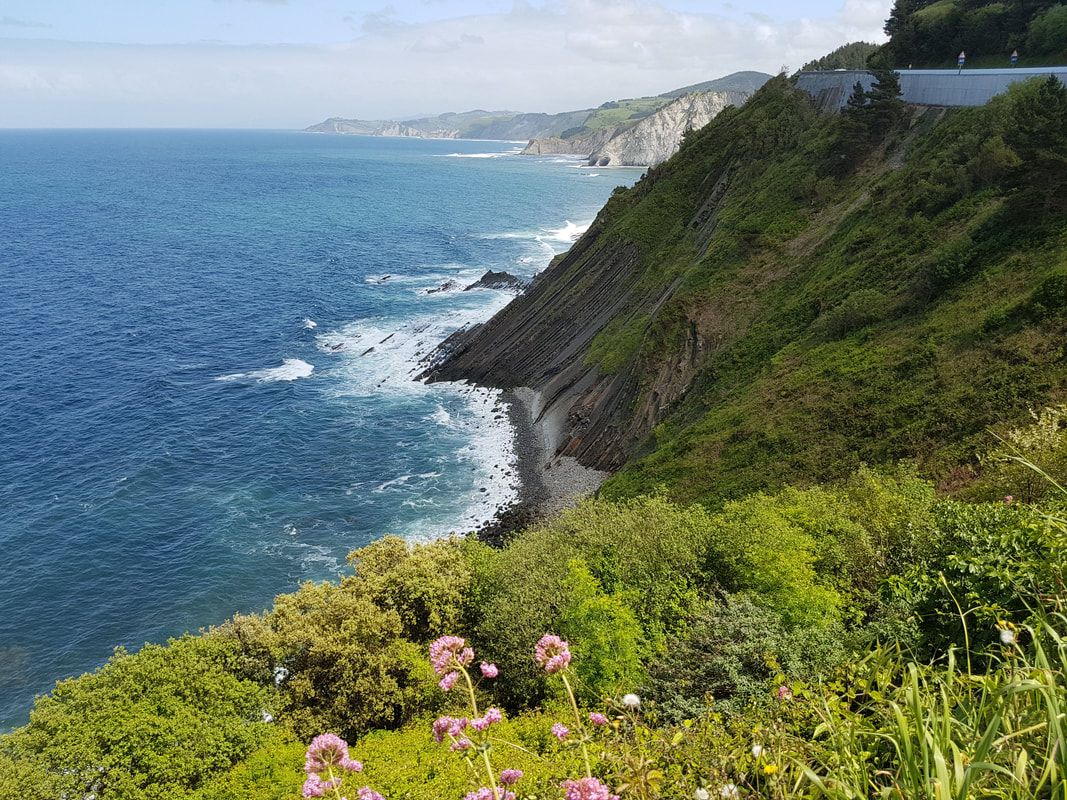
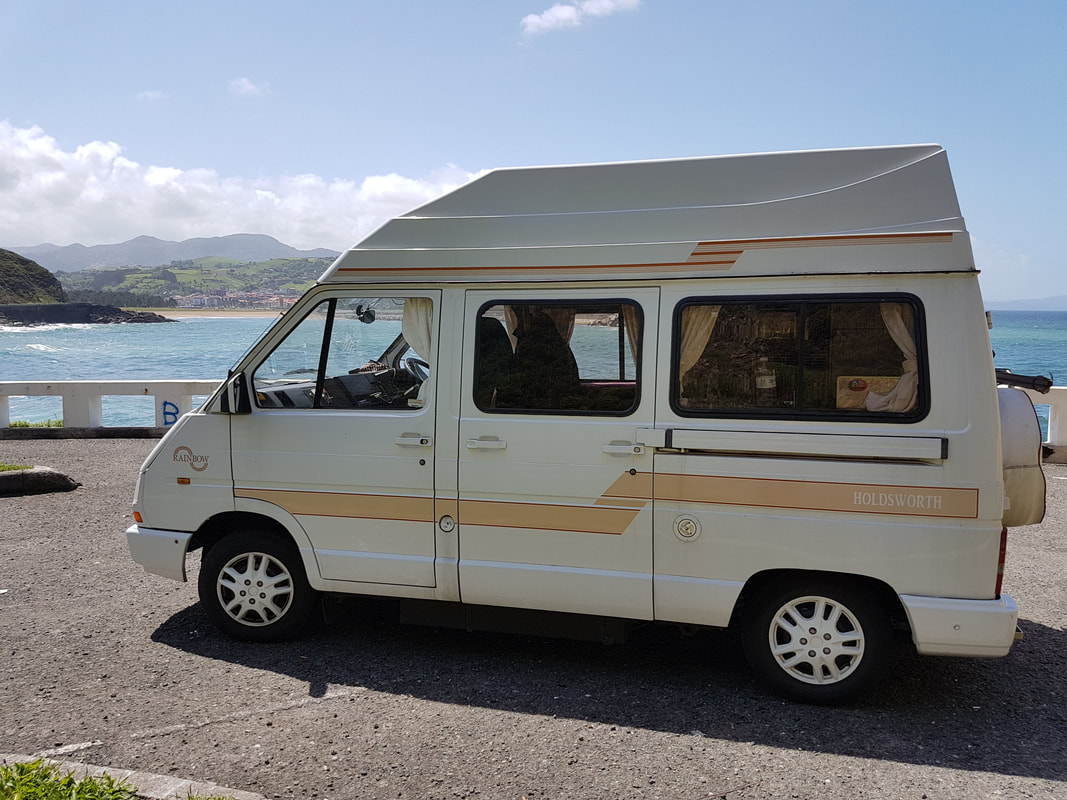
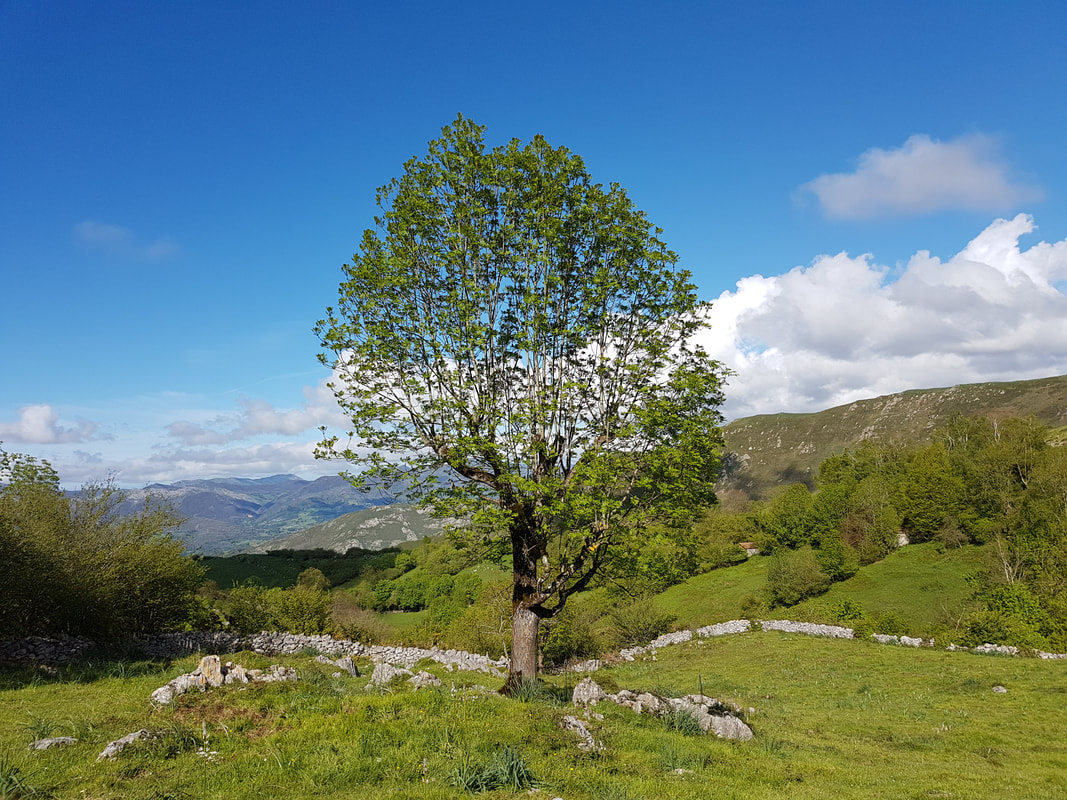
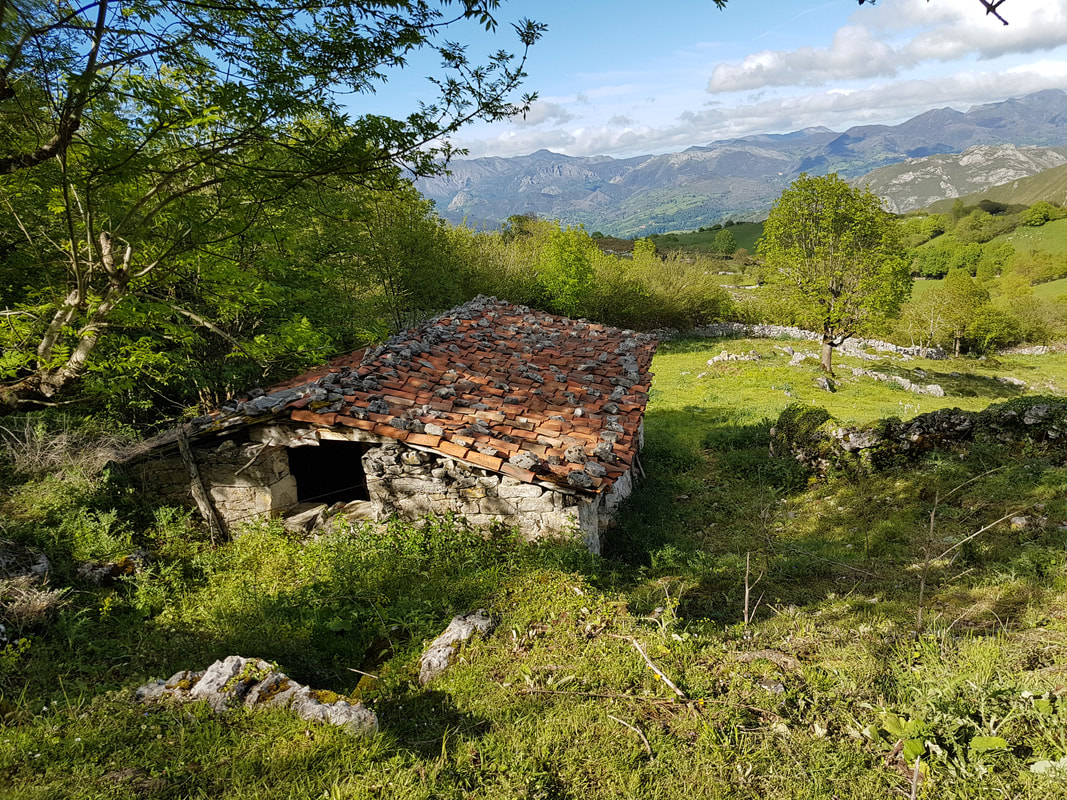
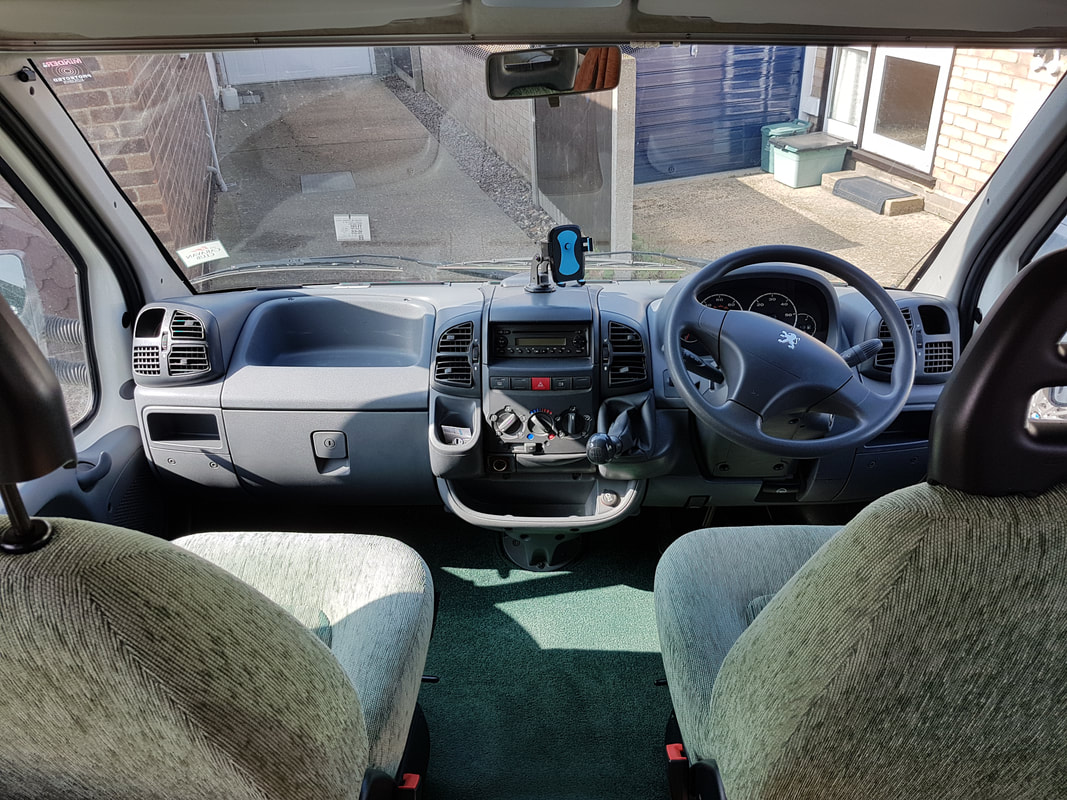
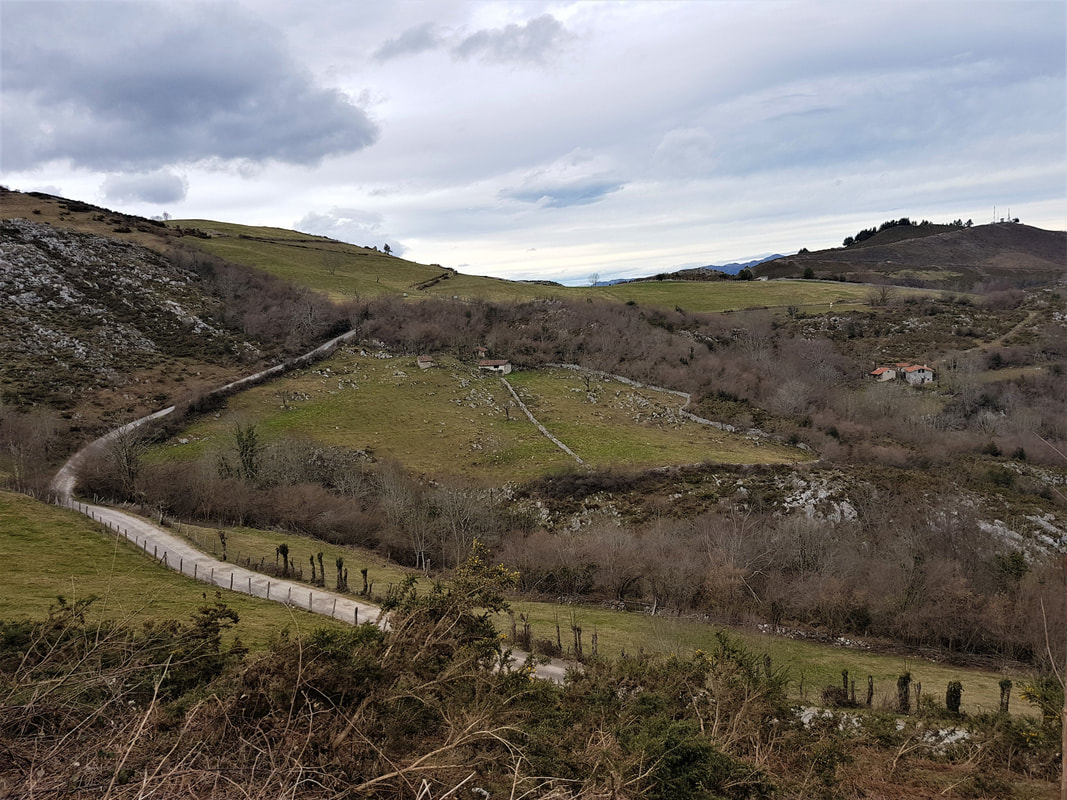
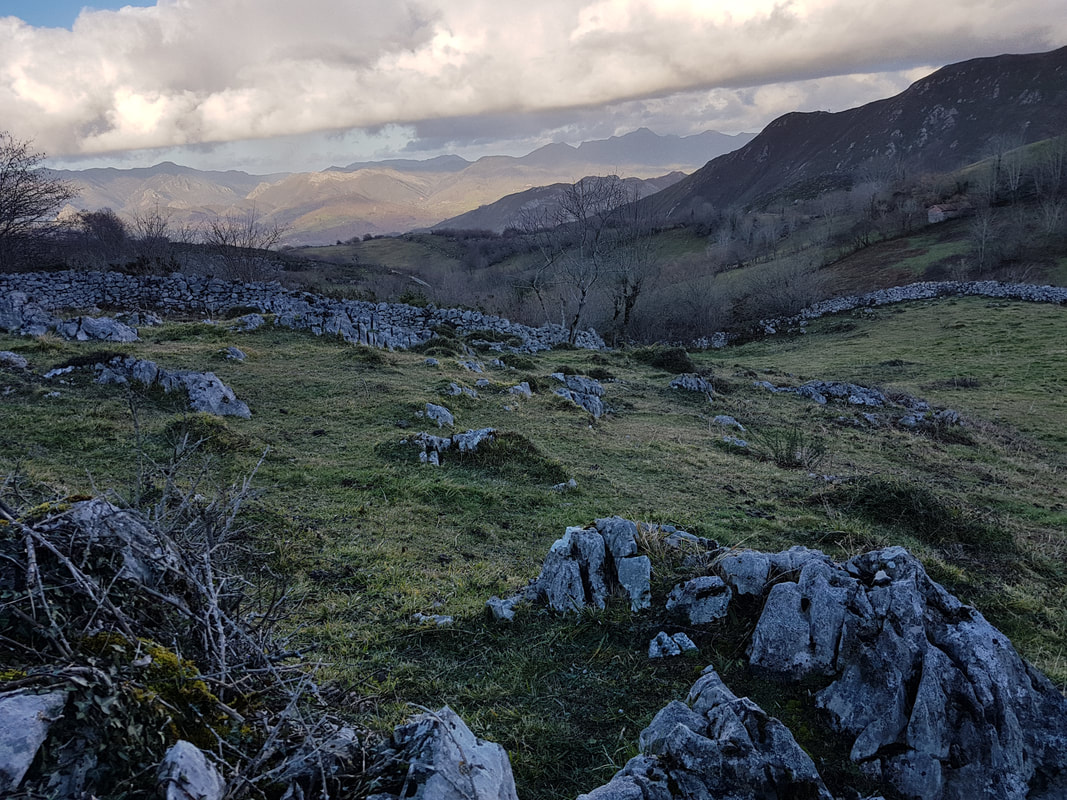
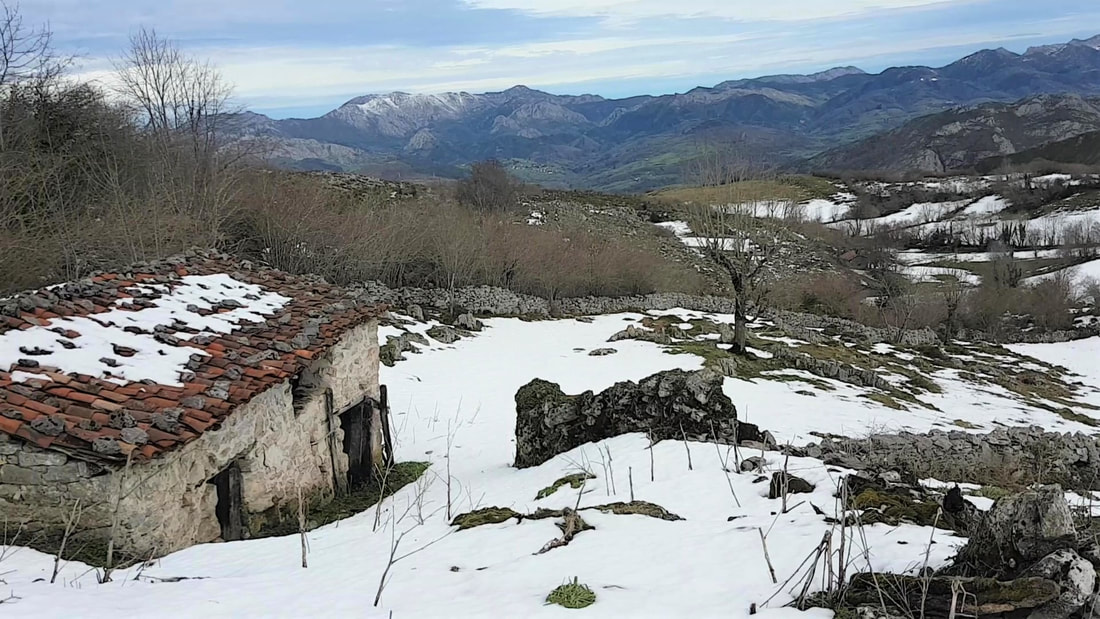
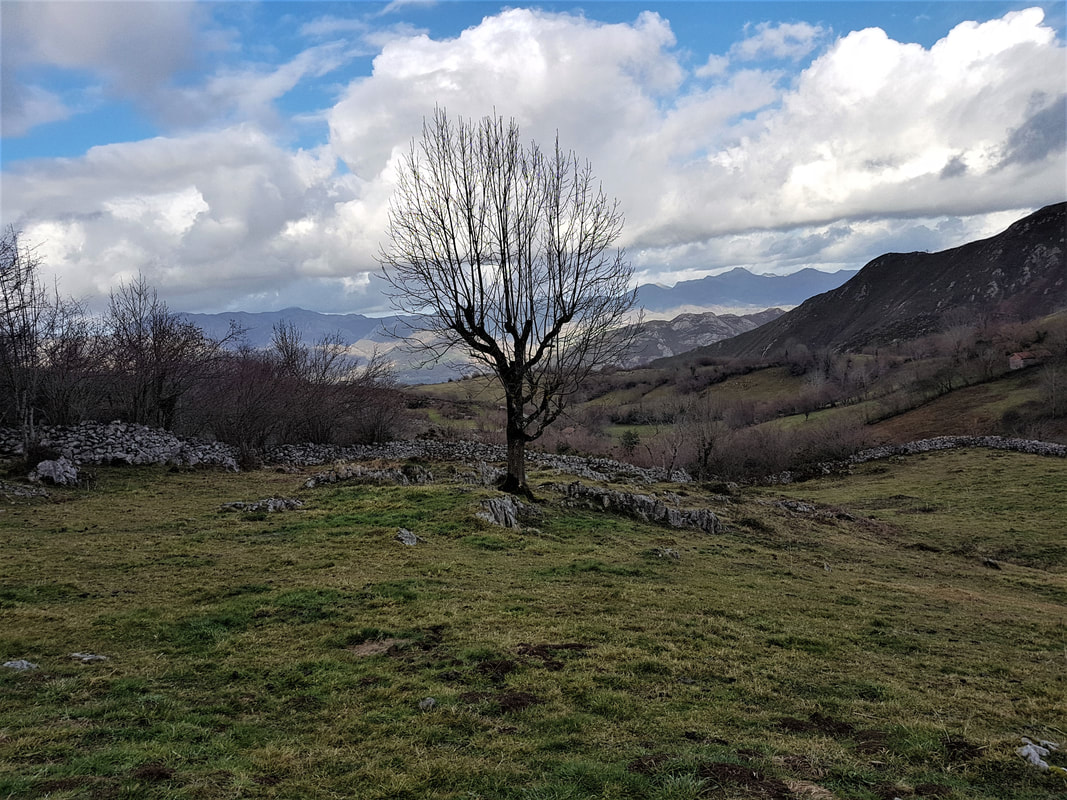
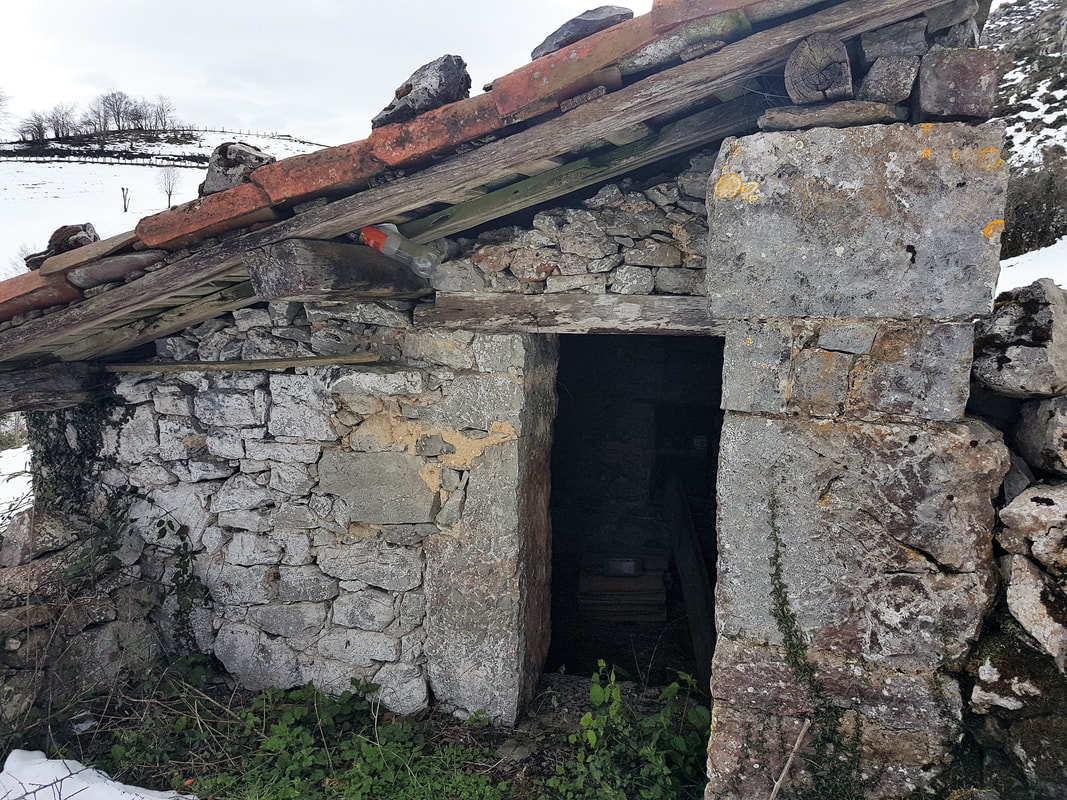
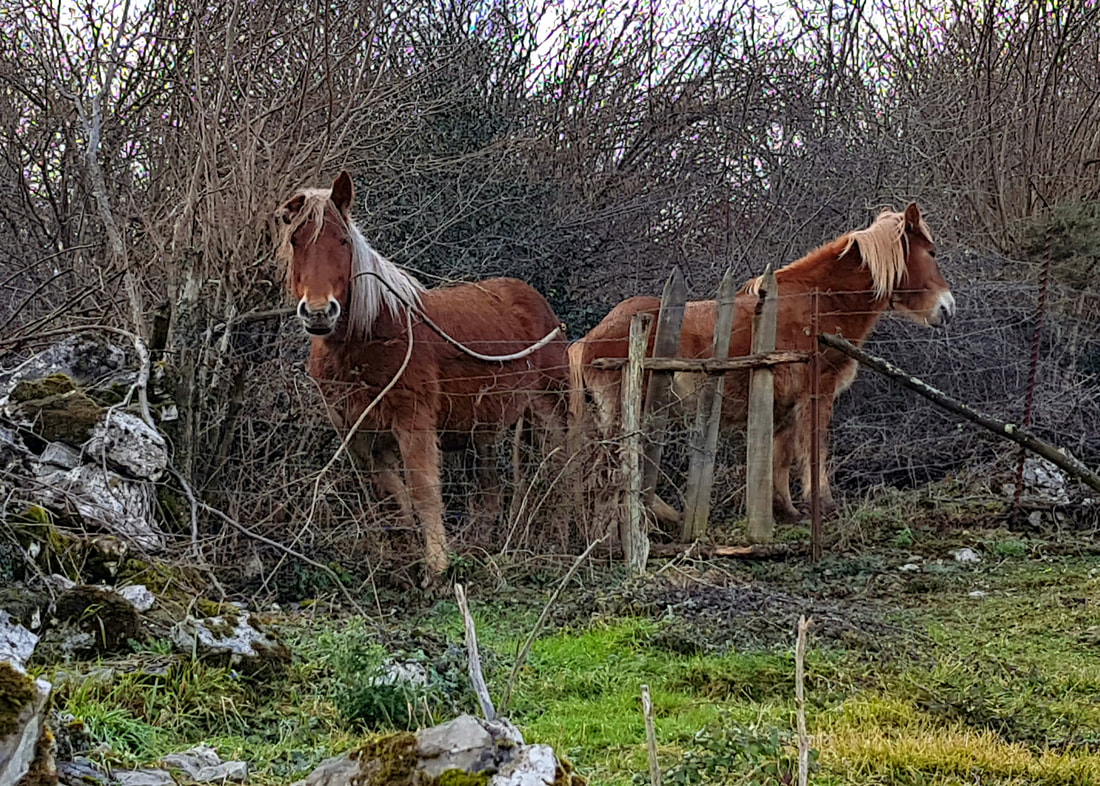
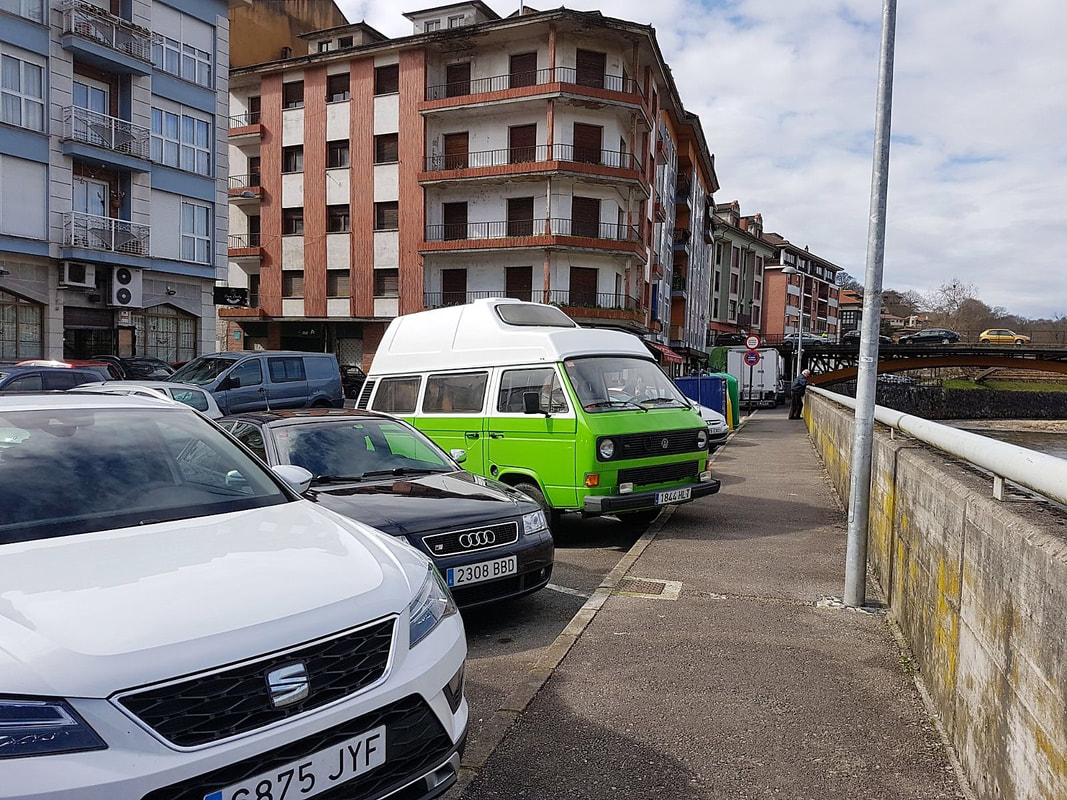
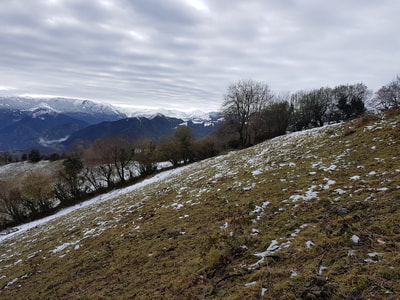
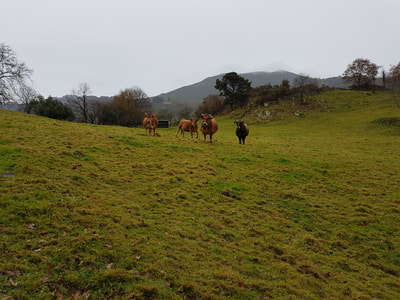


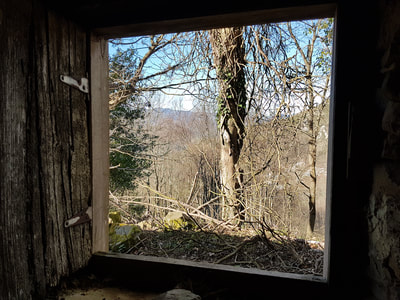

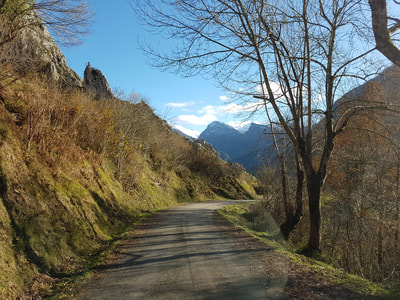
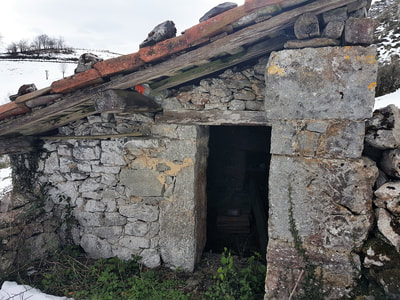

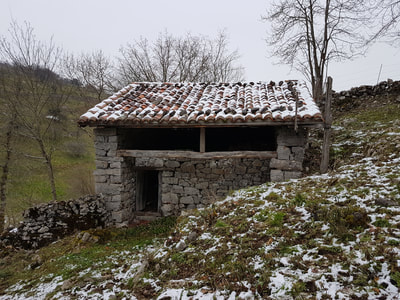
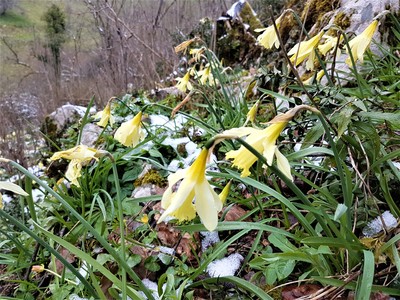

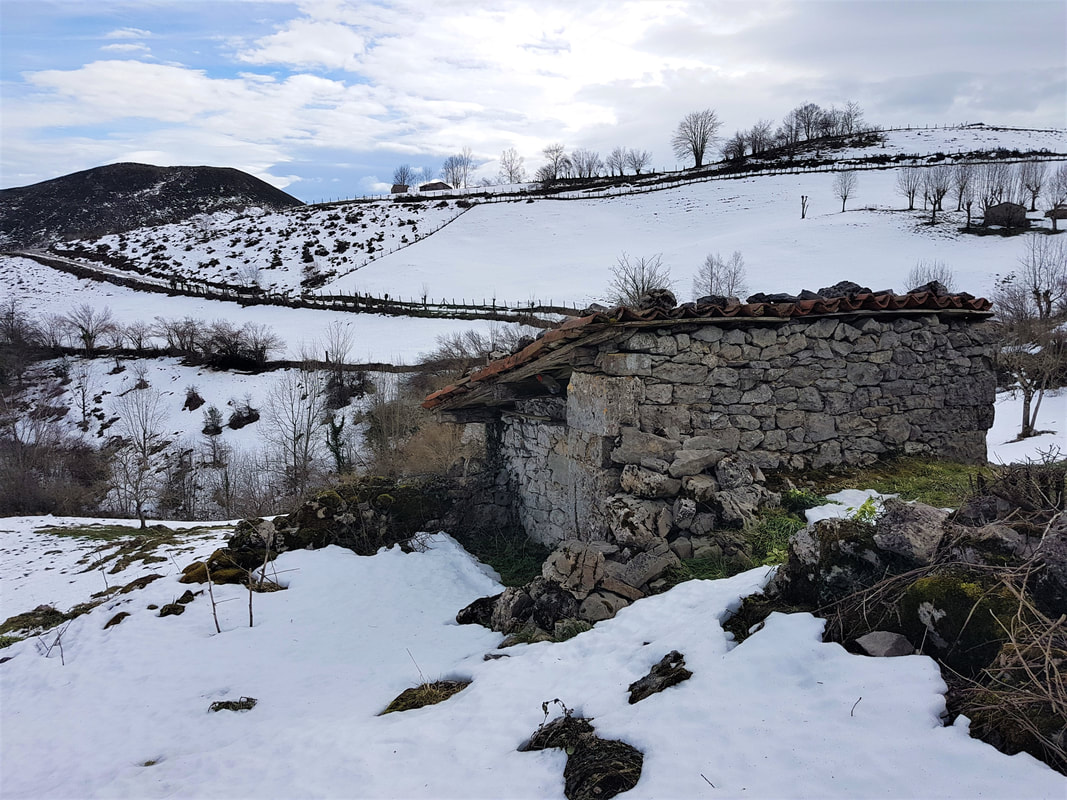
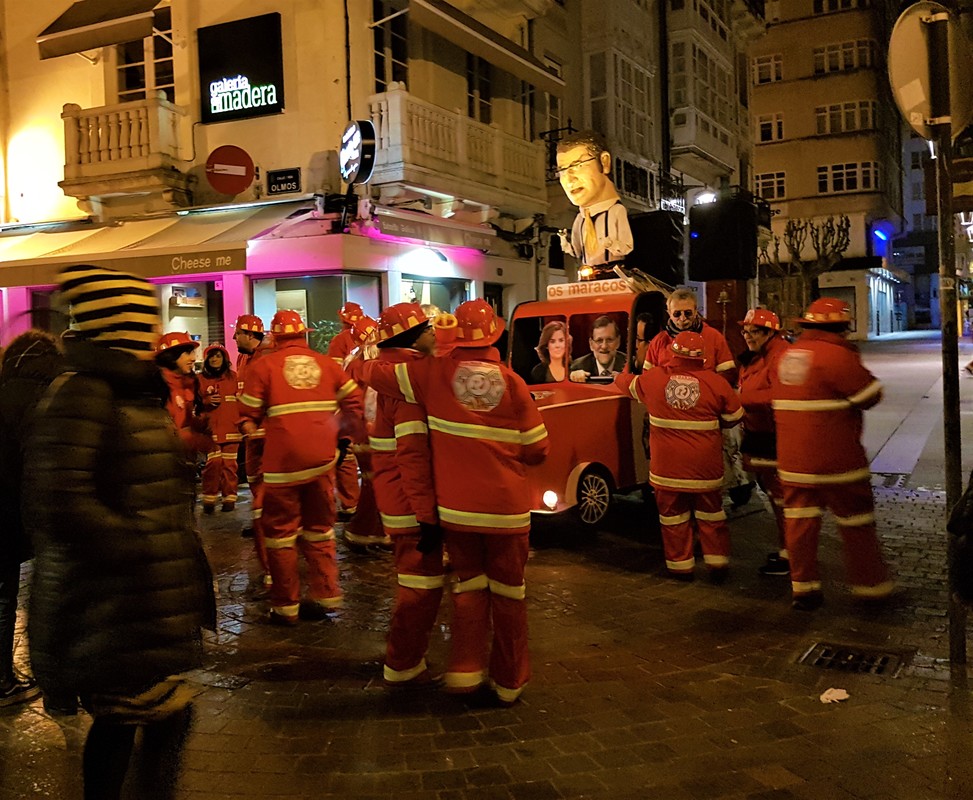
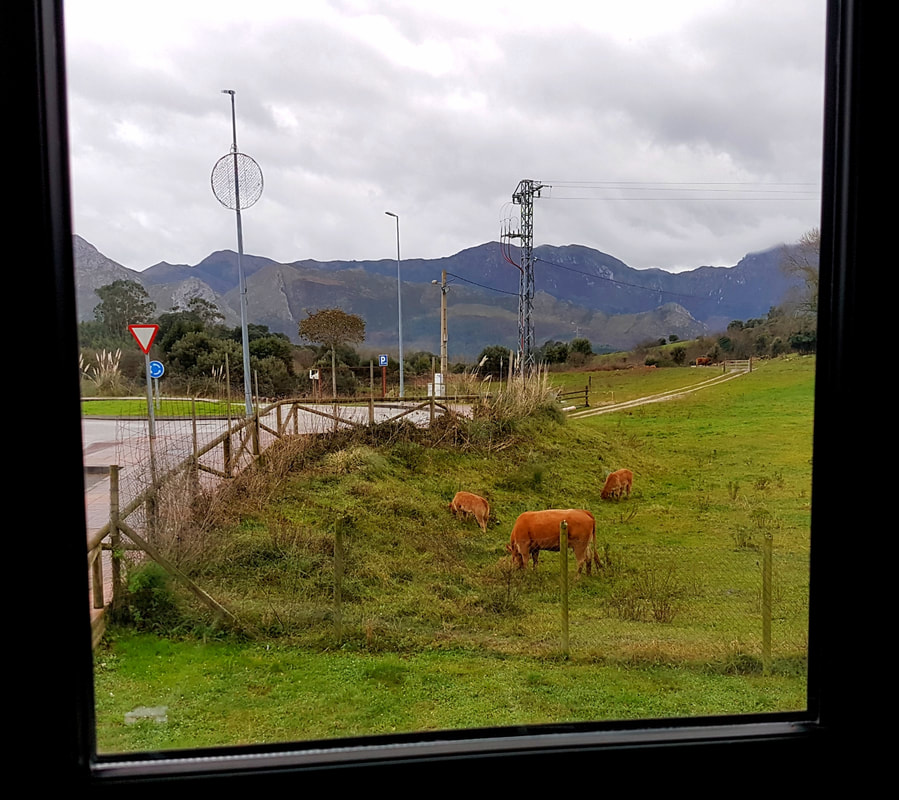
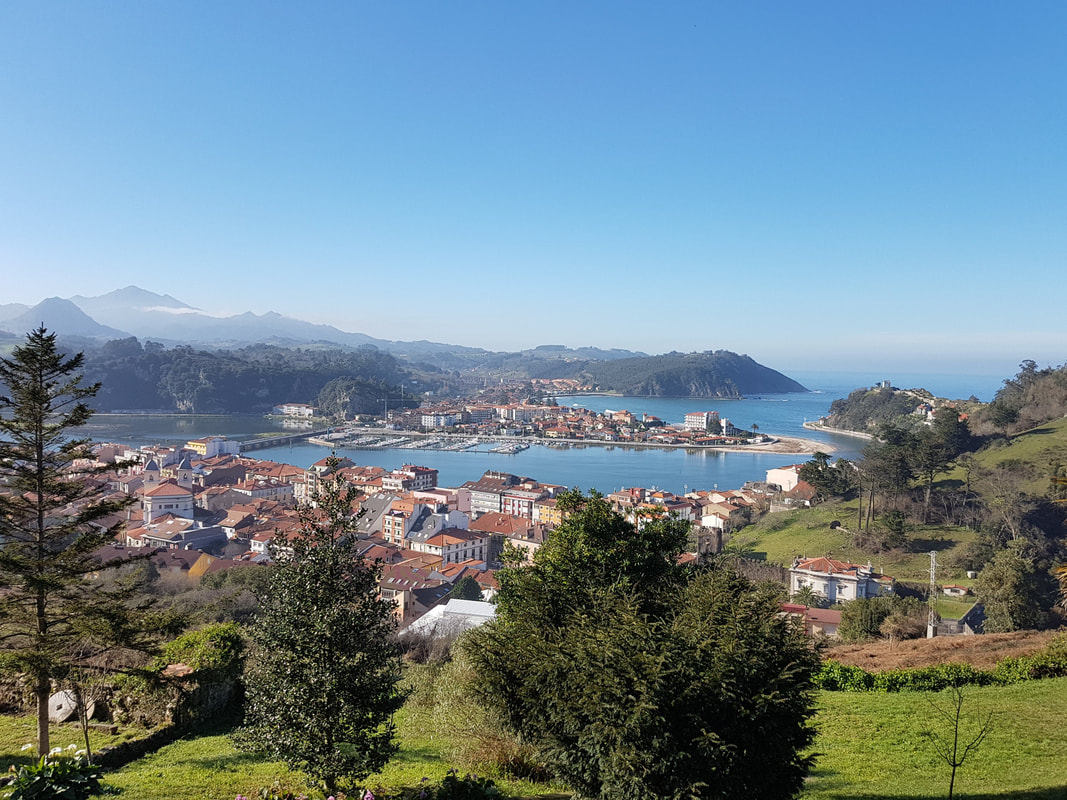
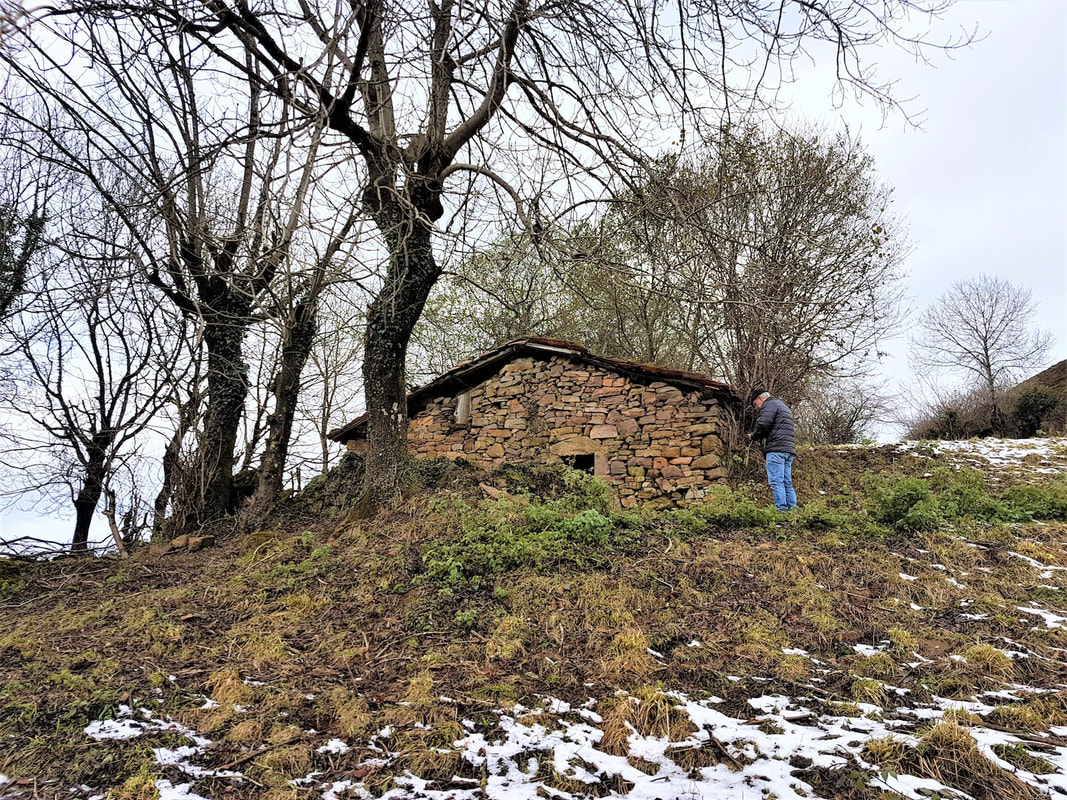
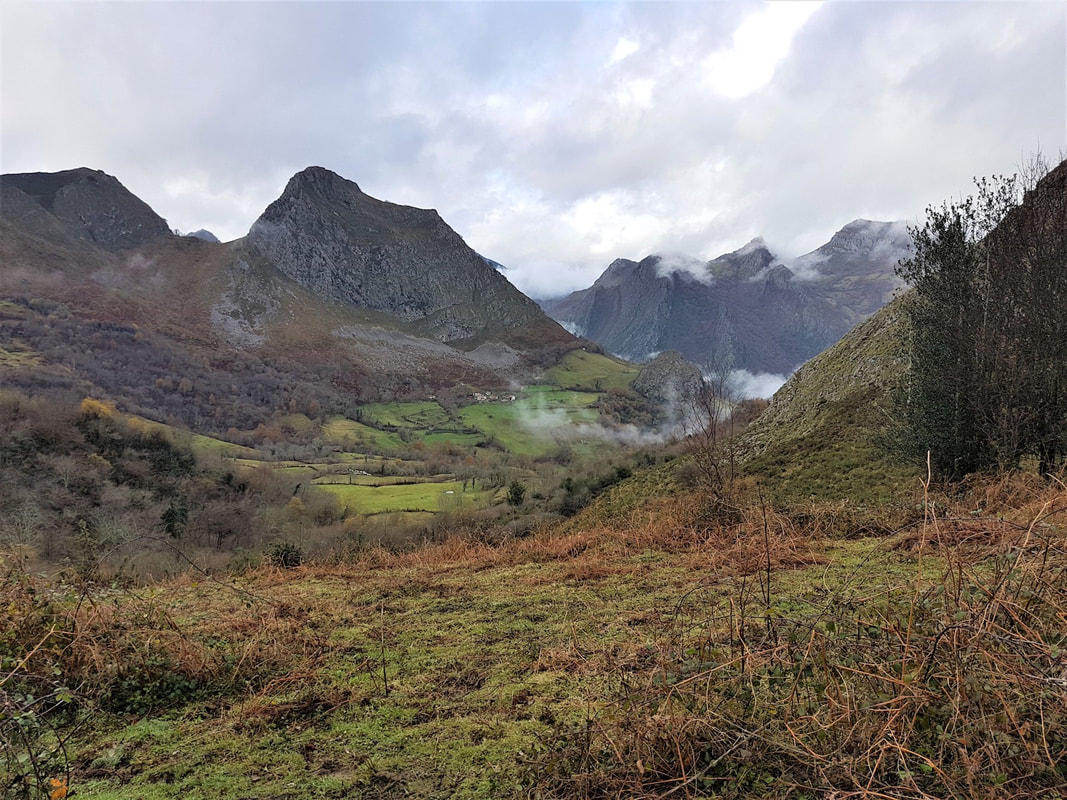
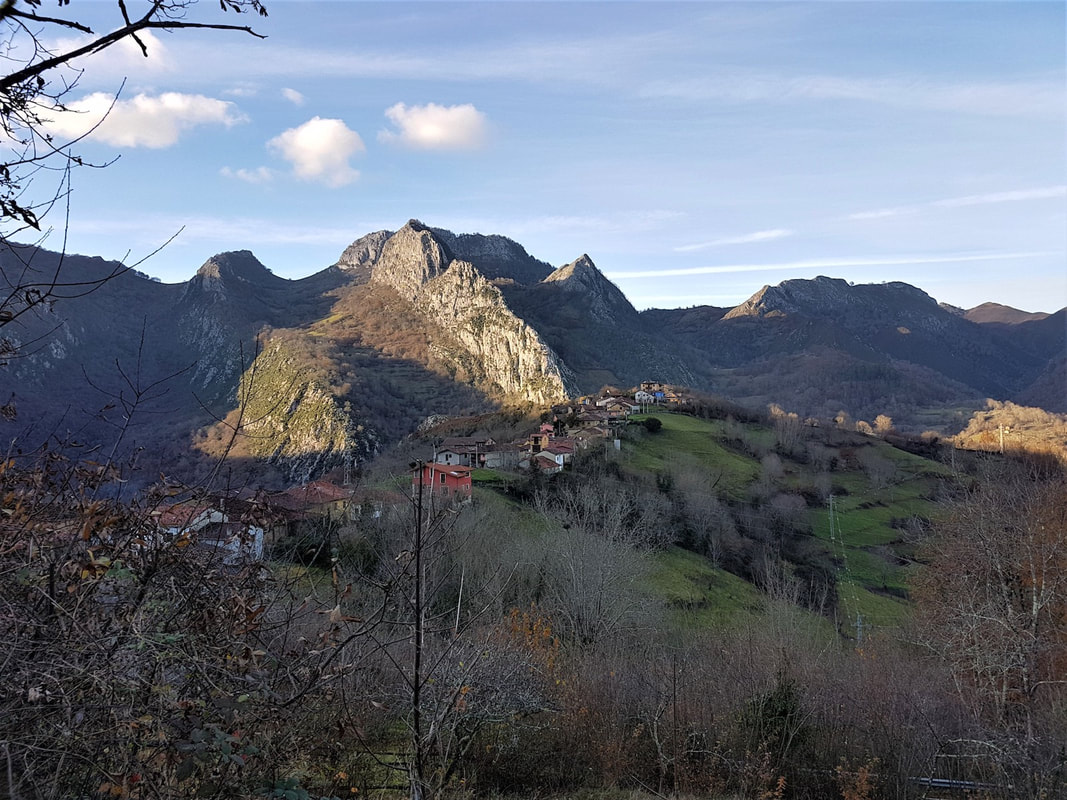
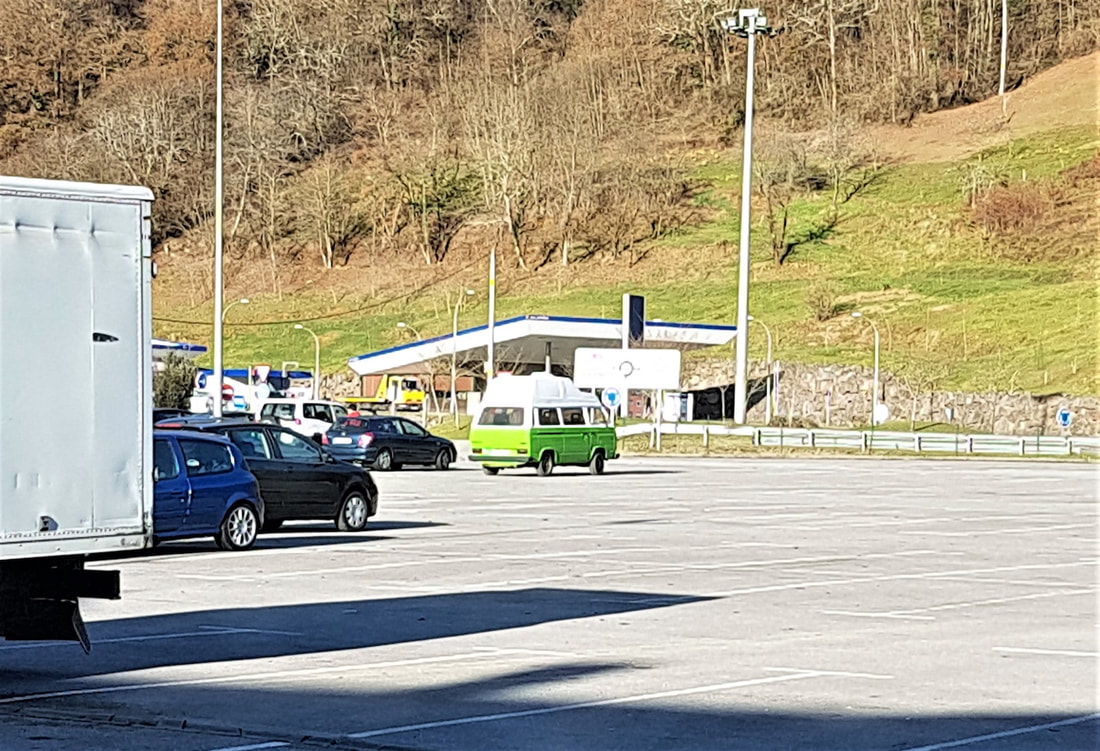
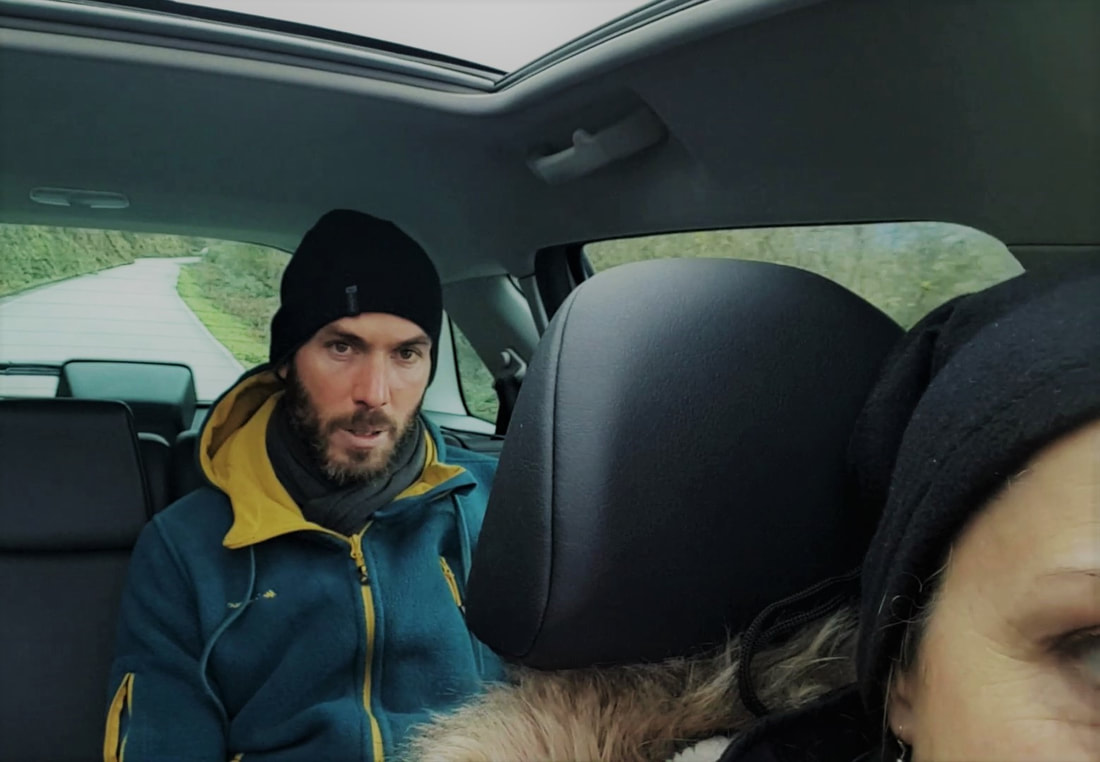
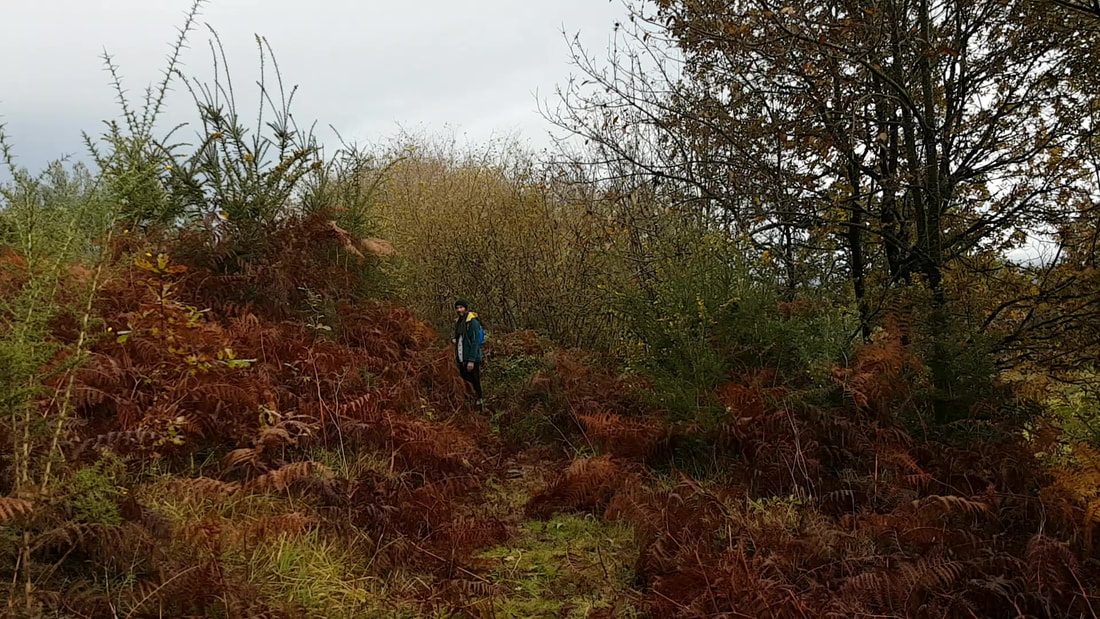
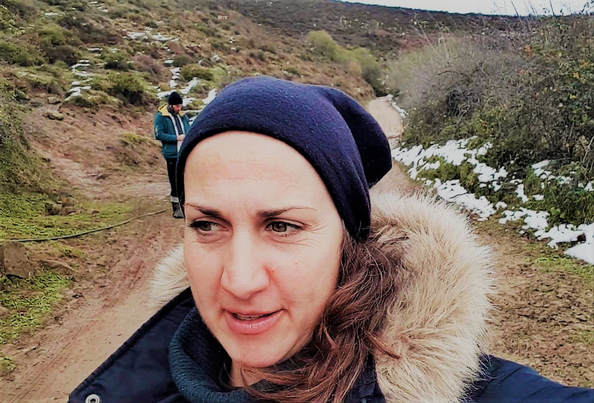
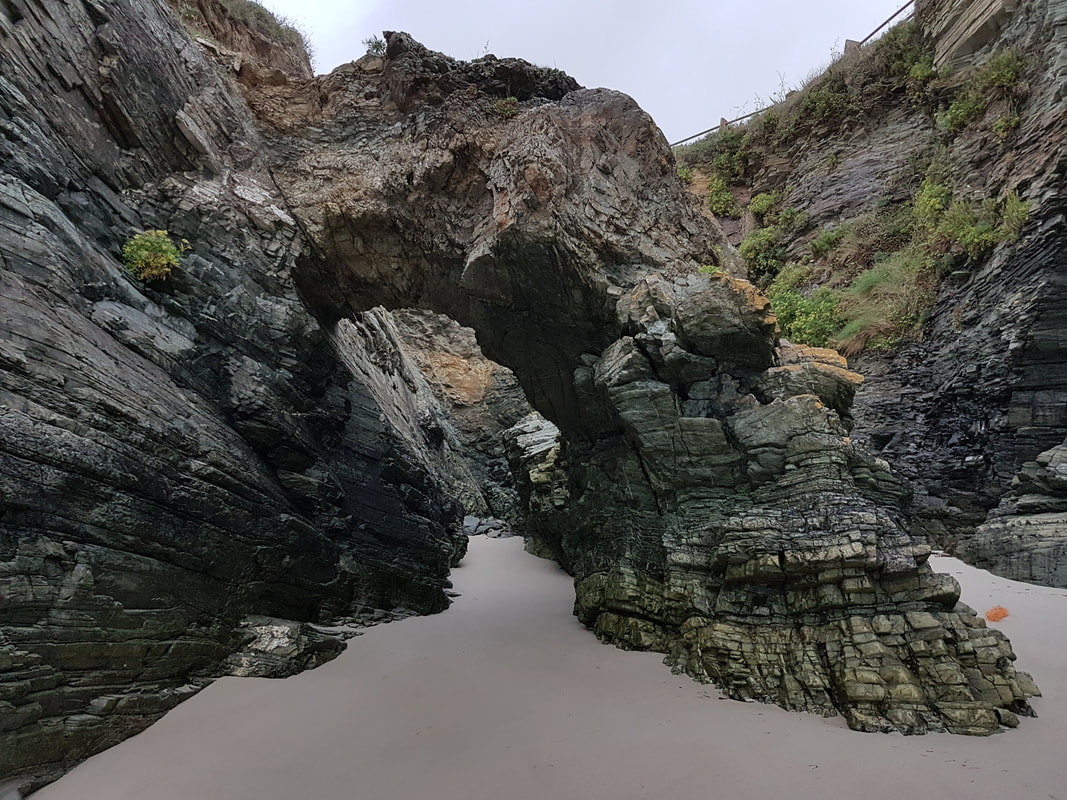
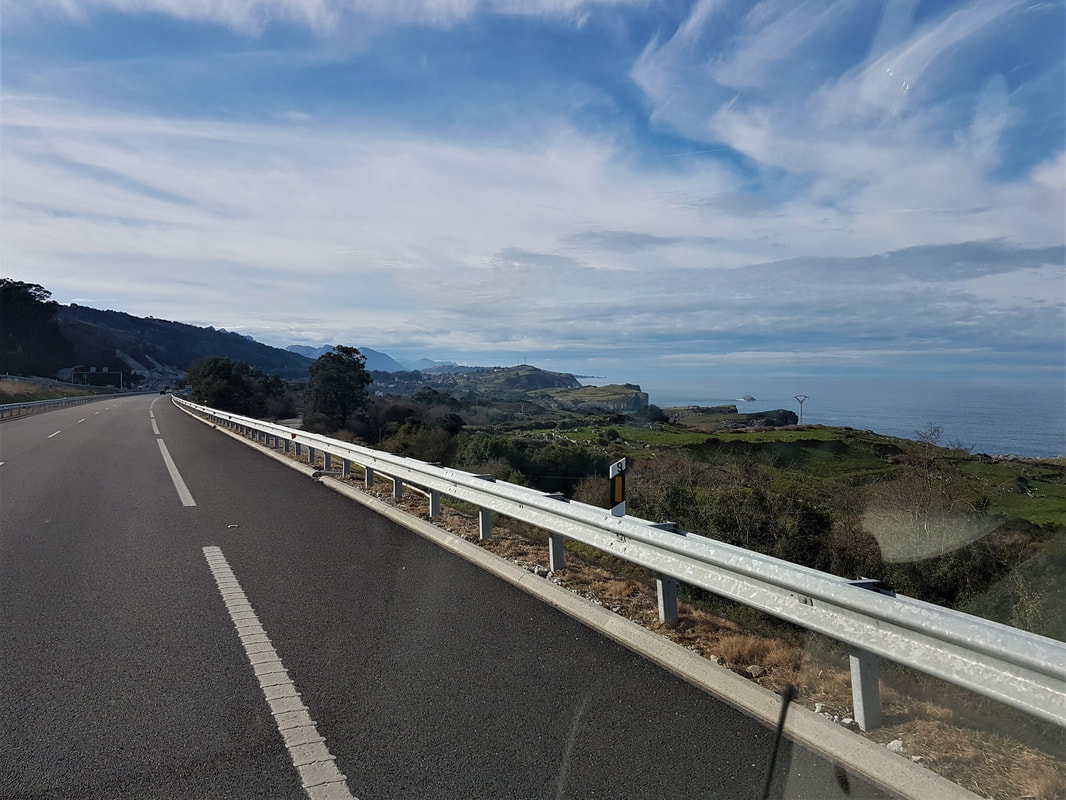
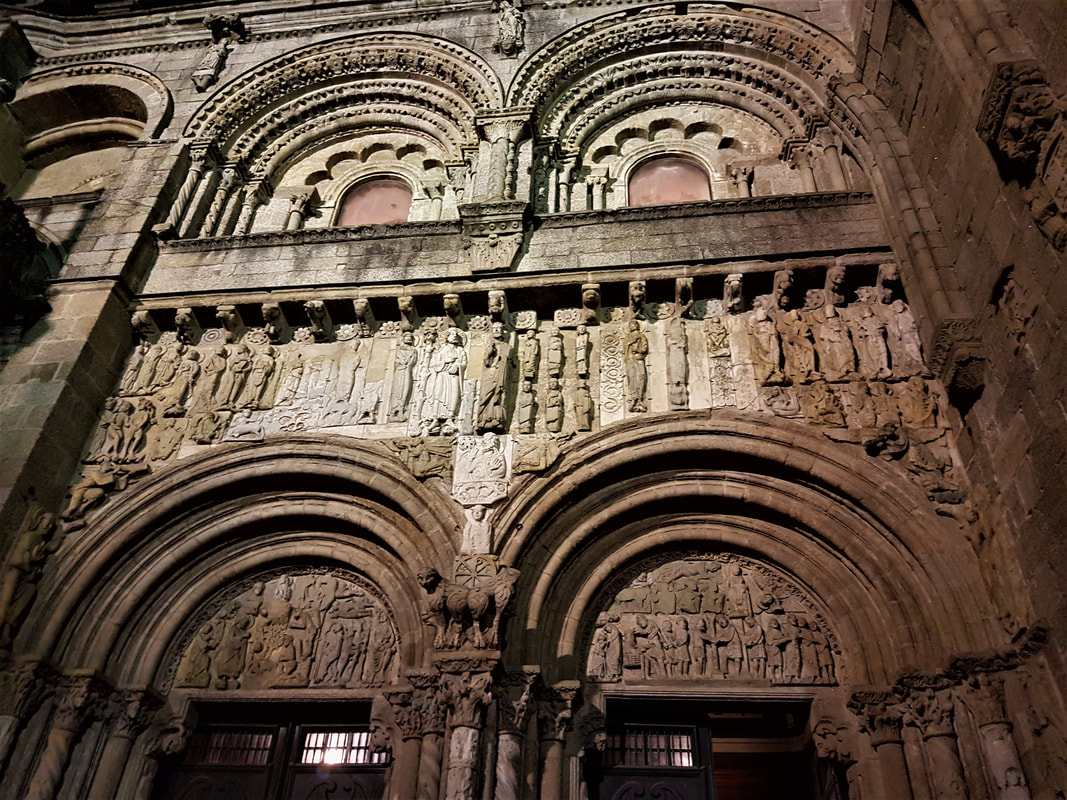
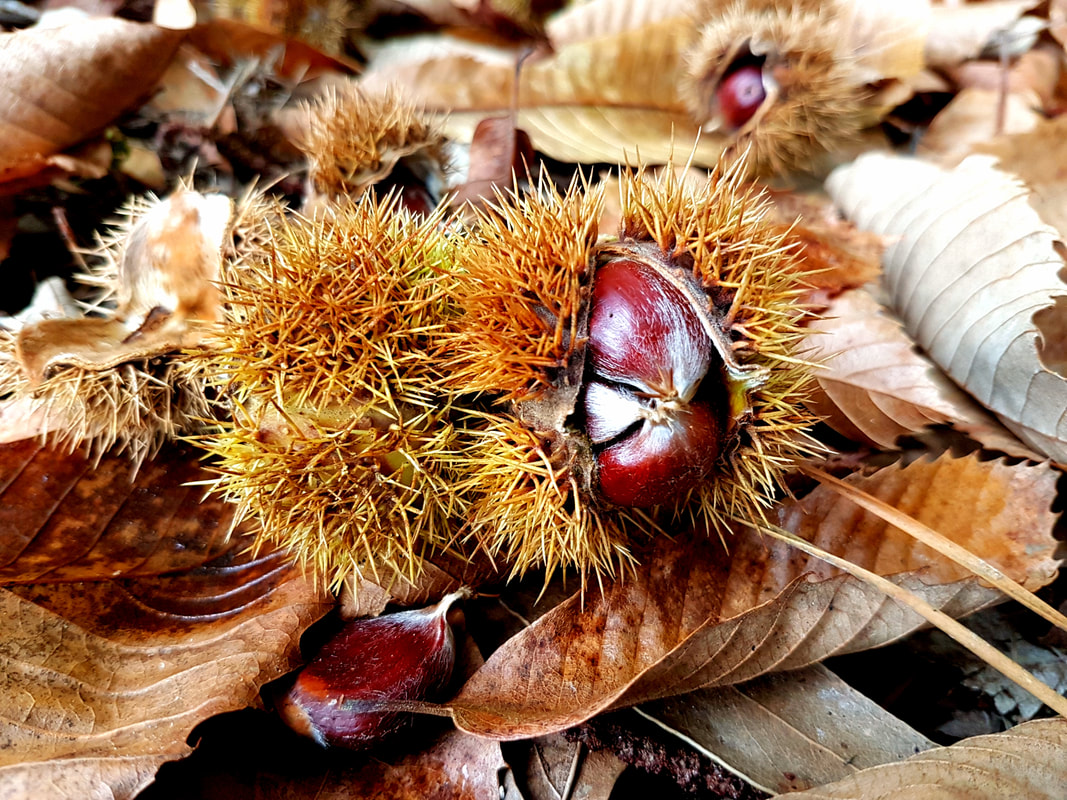
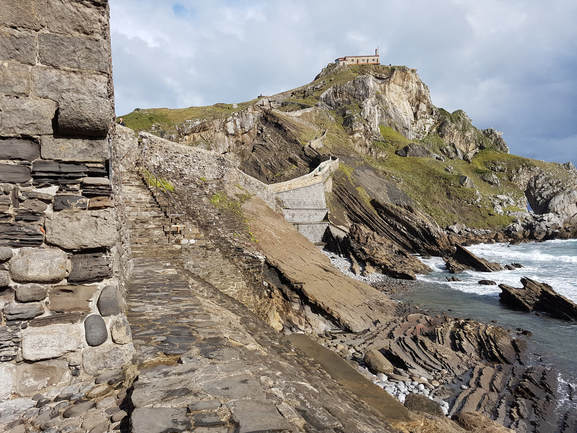
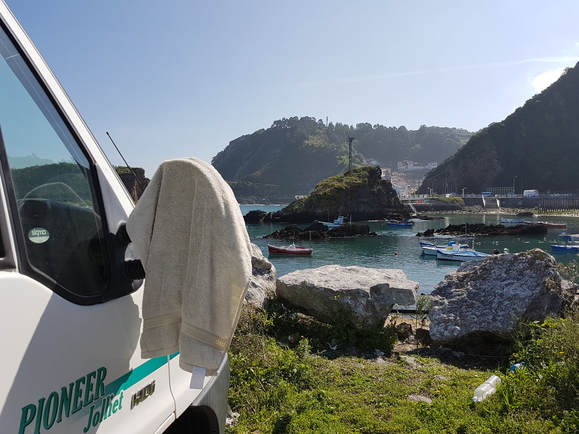
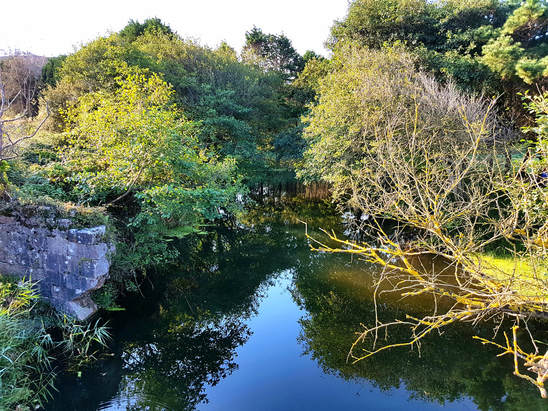
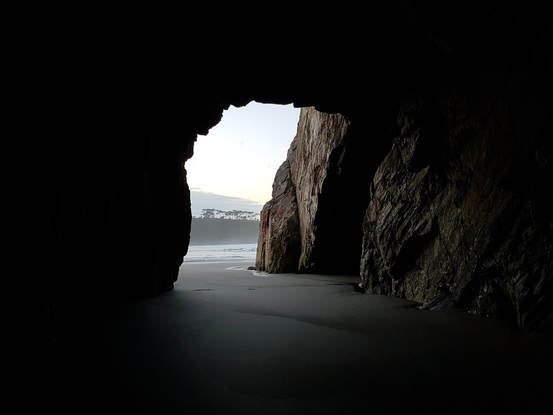
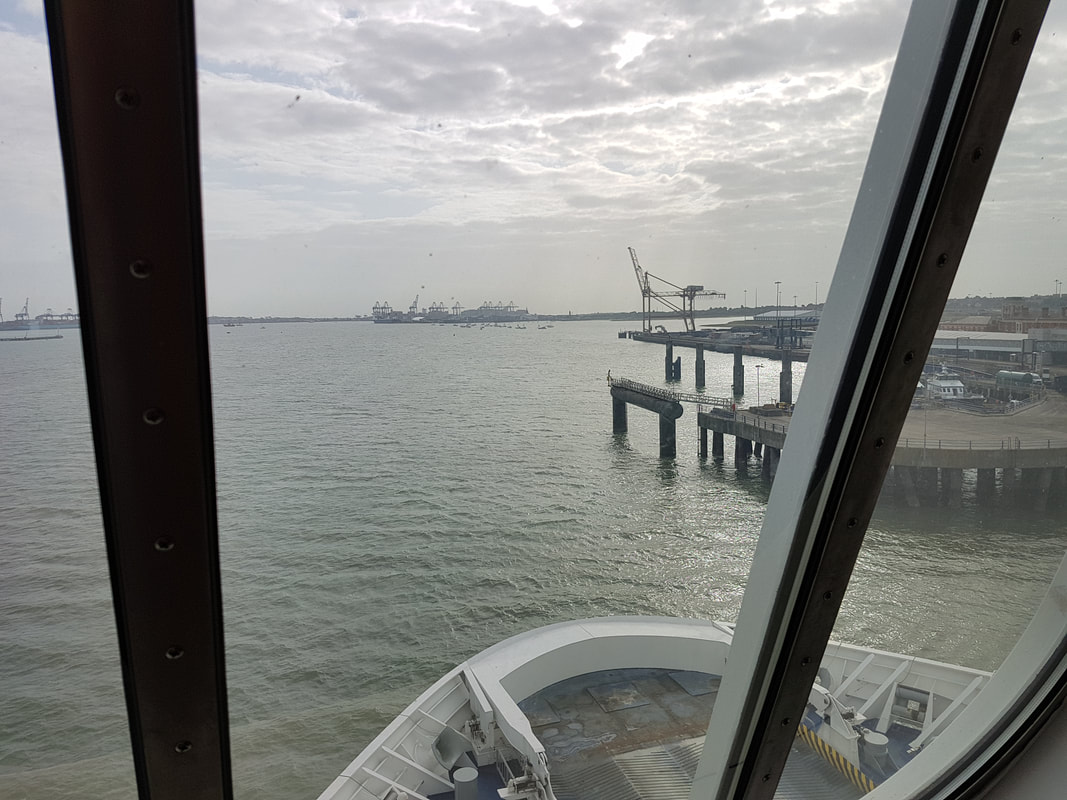
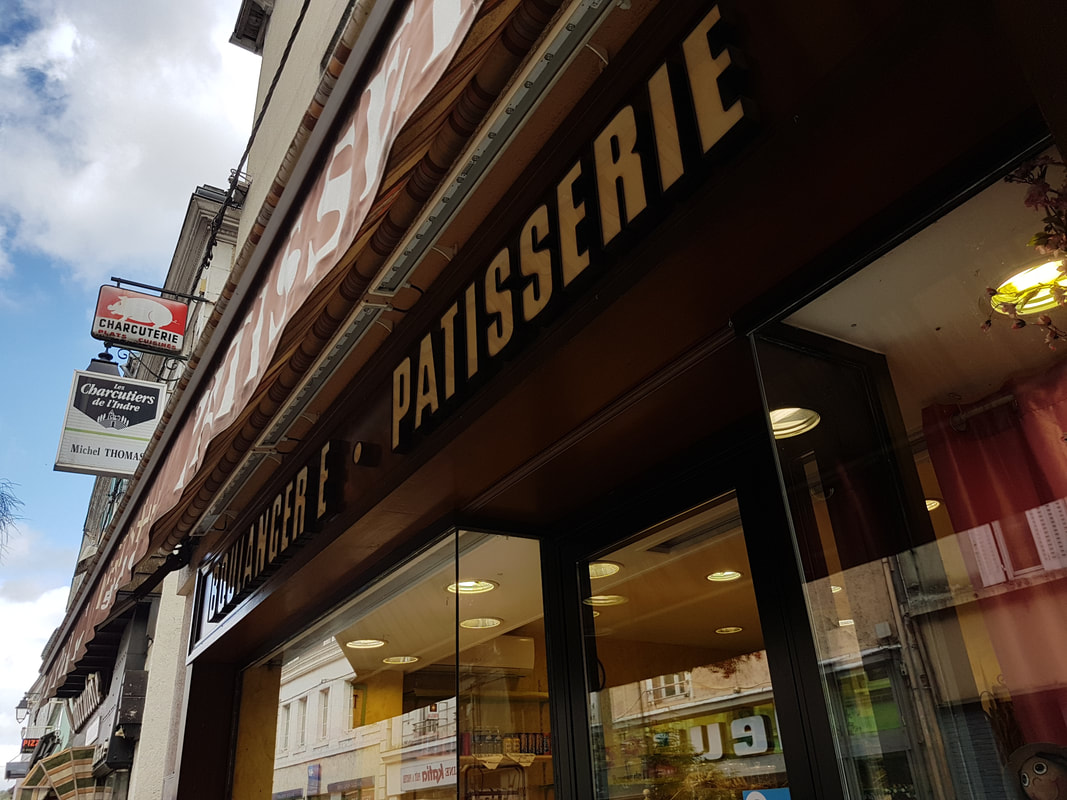
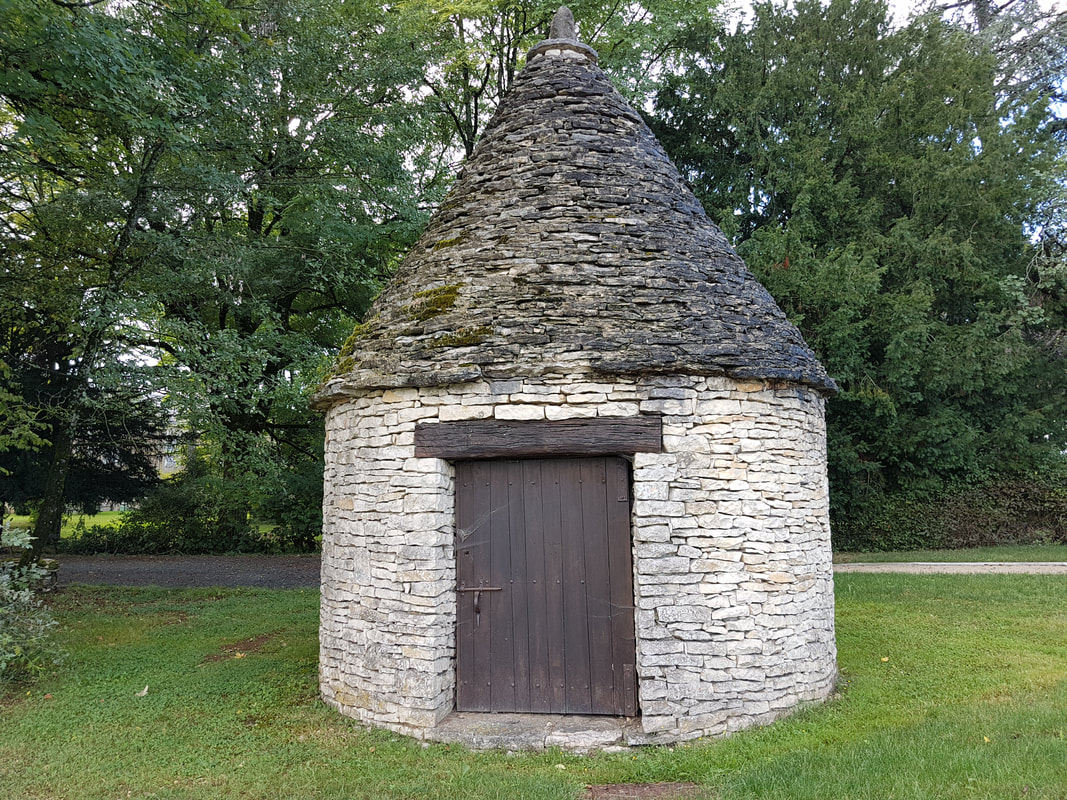
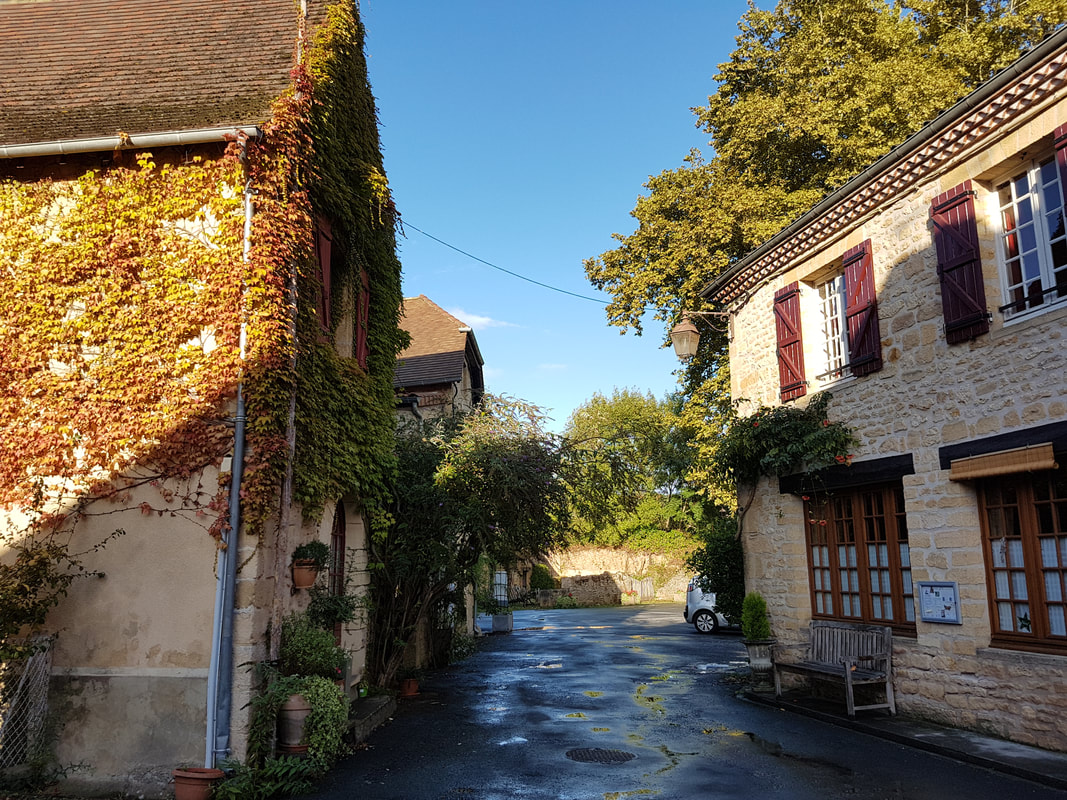
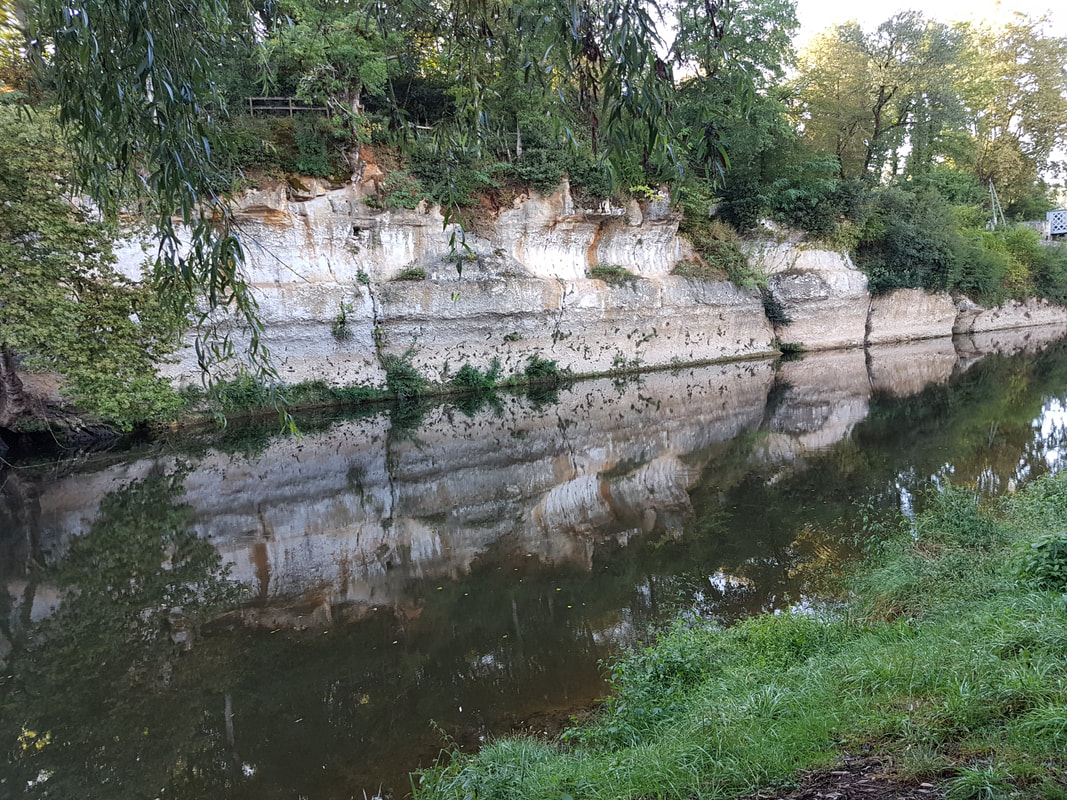

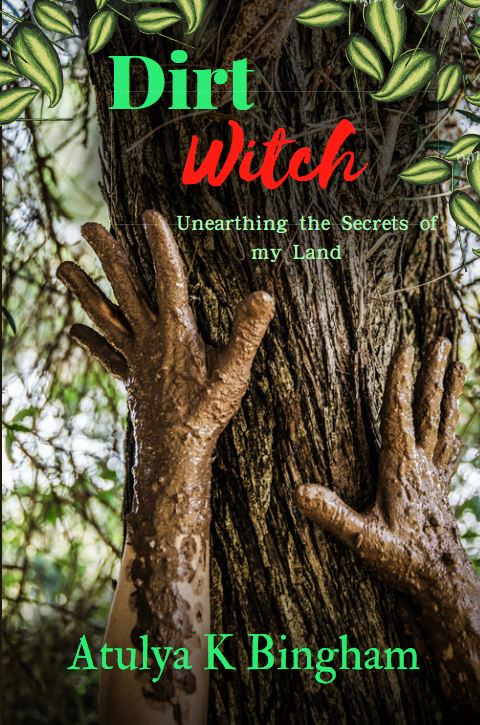
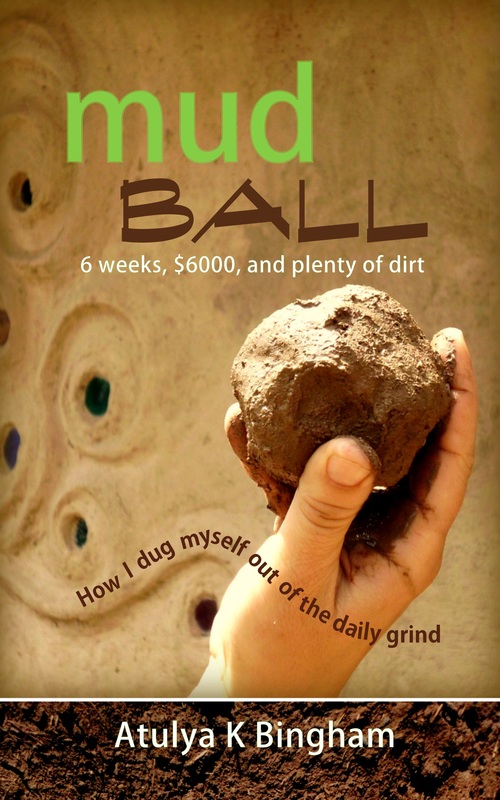
 RSS Feed
RSS Feed
